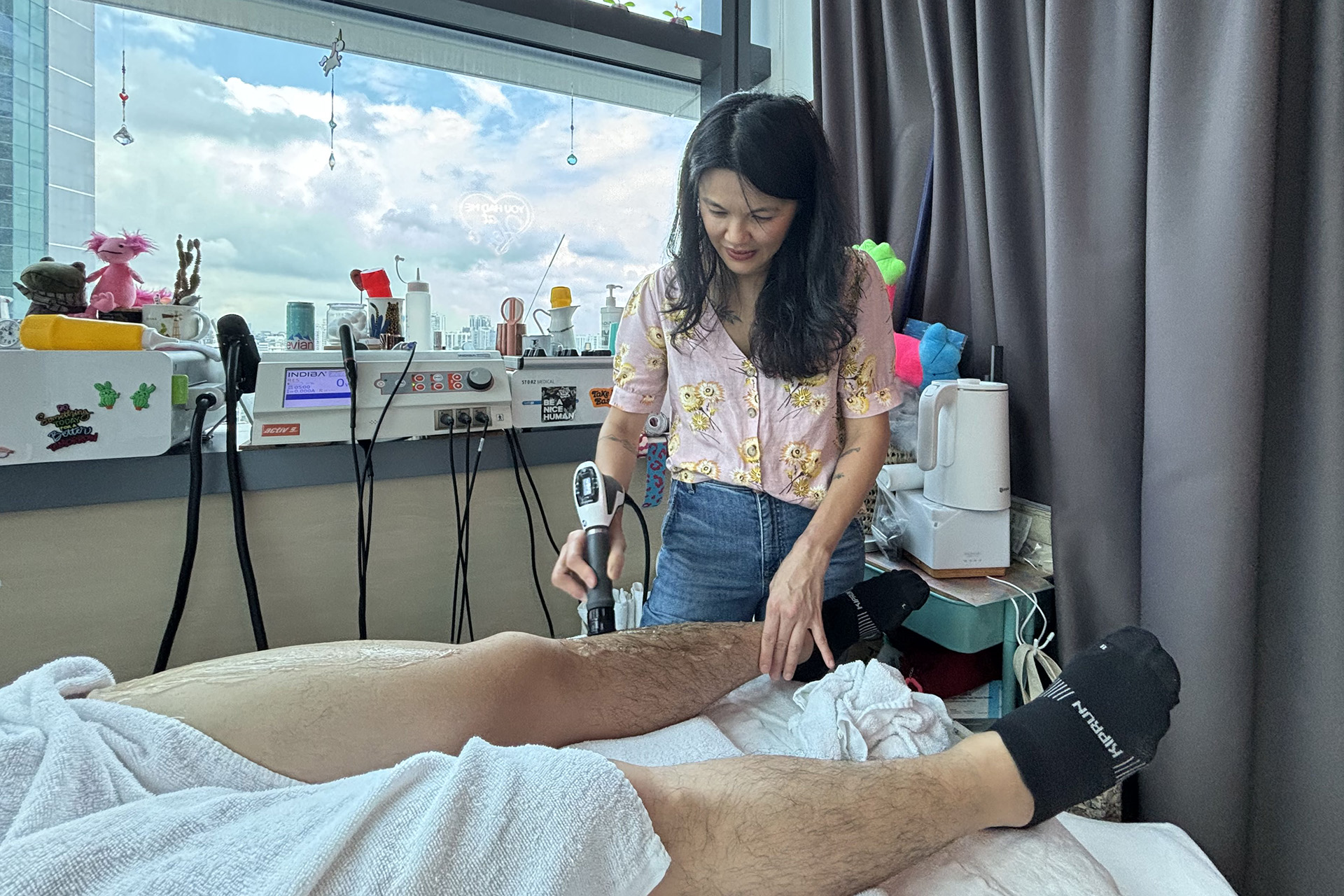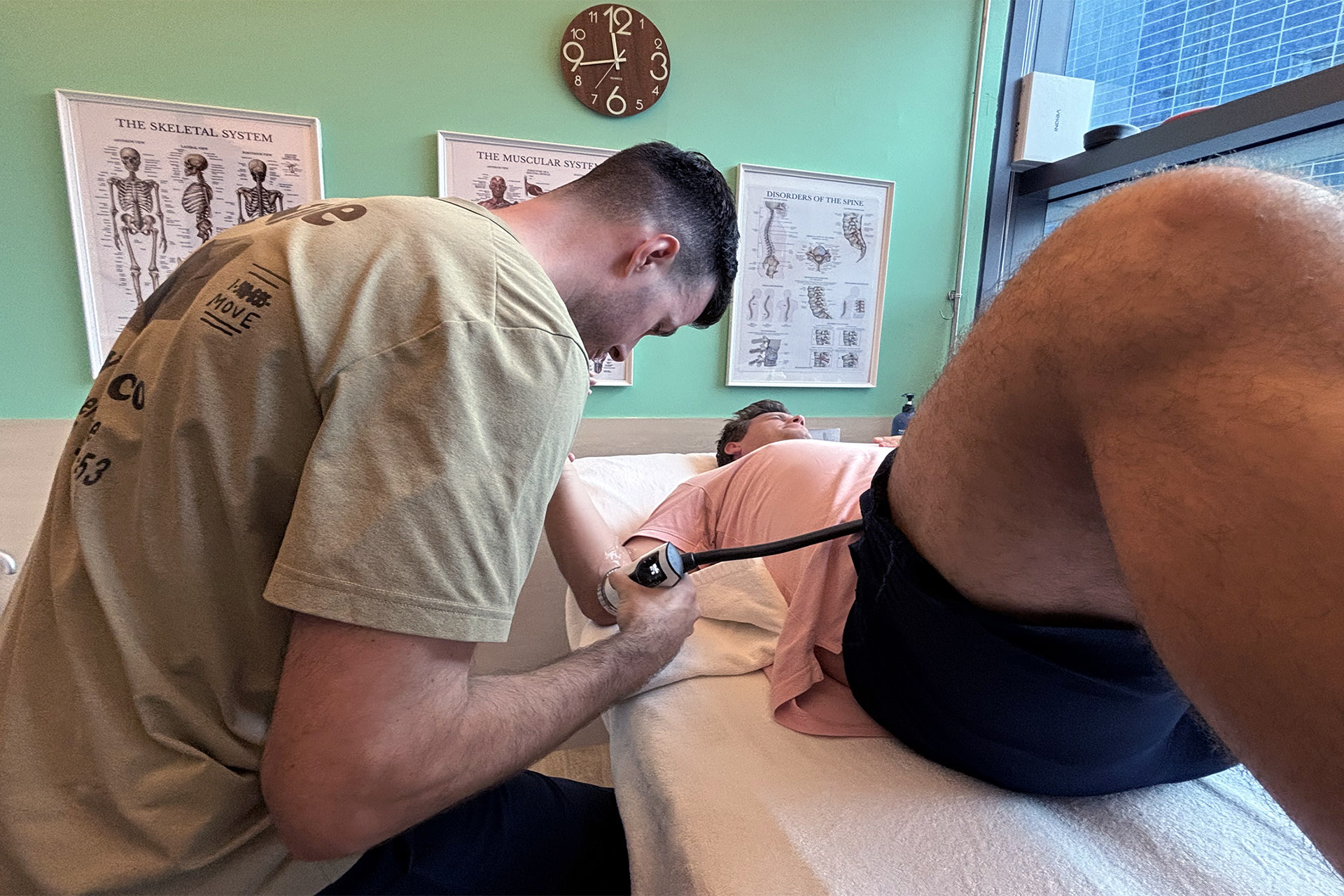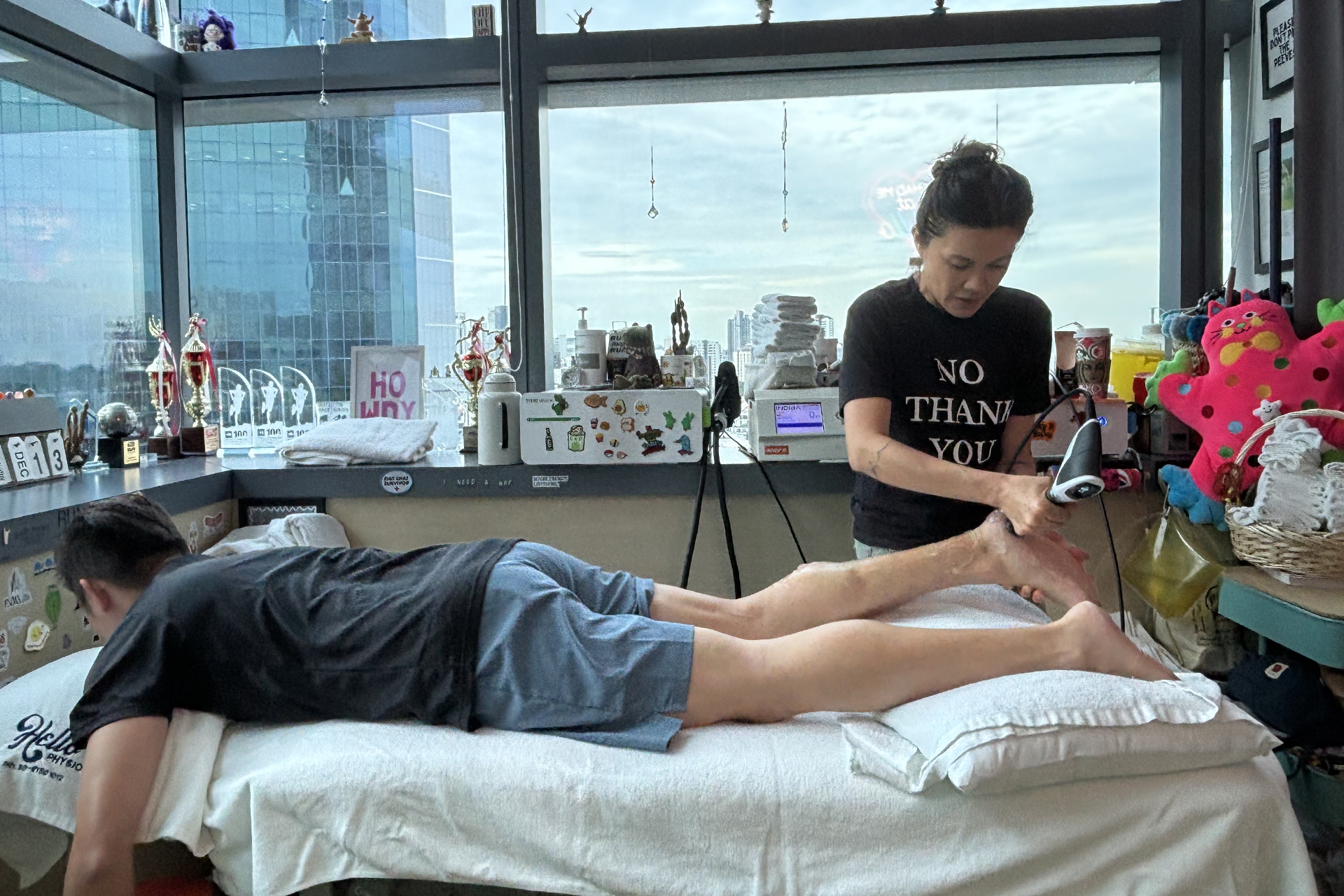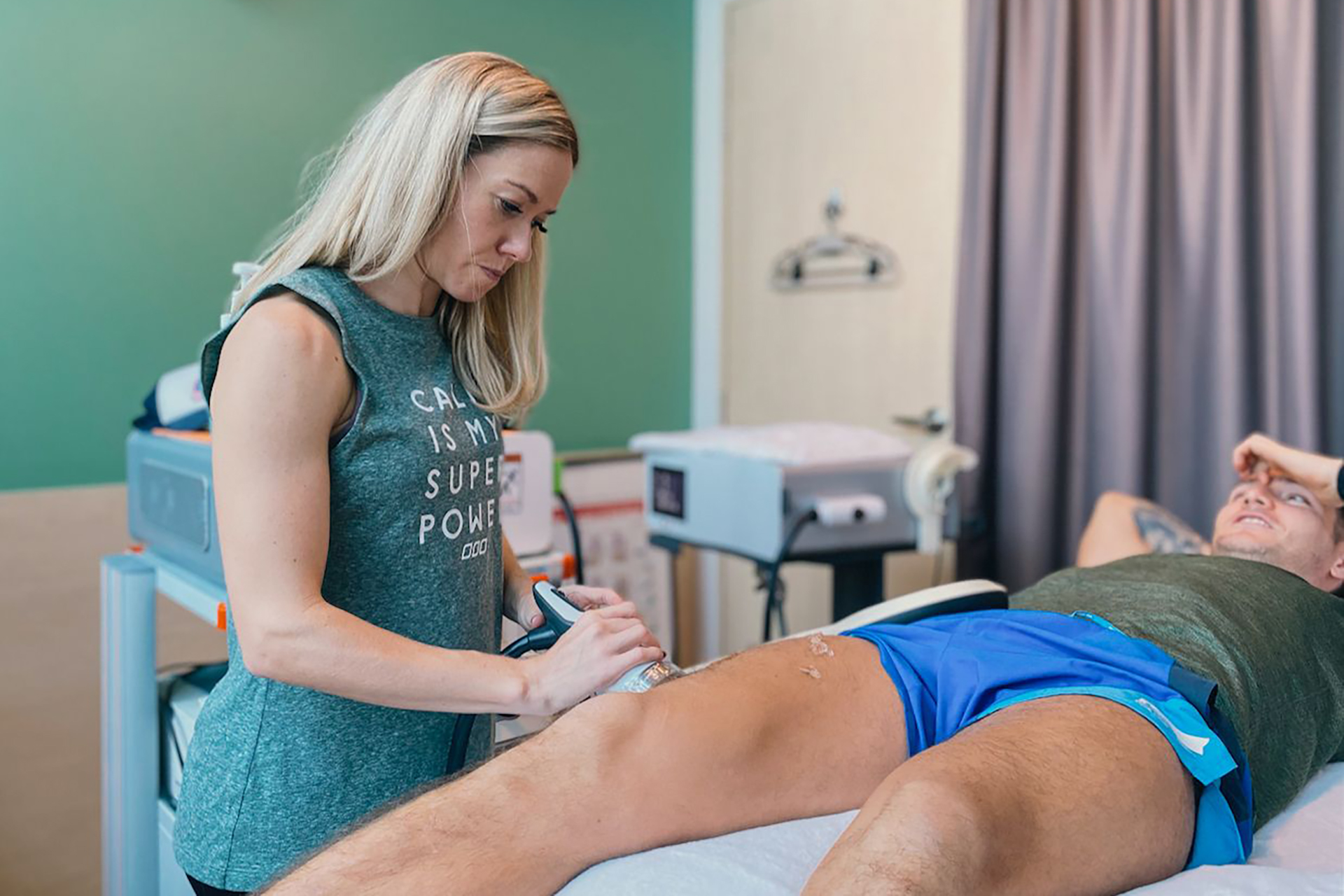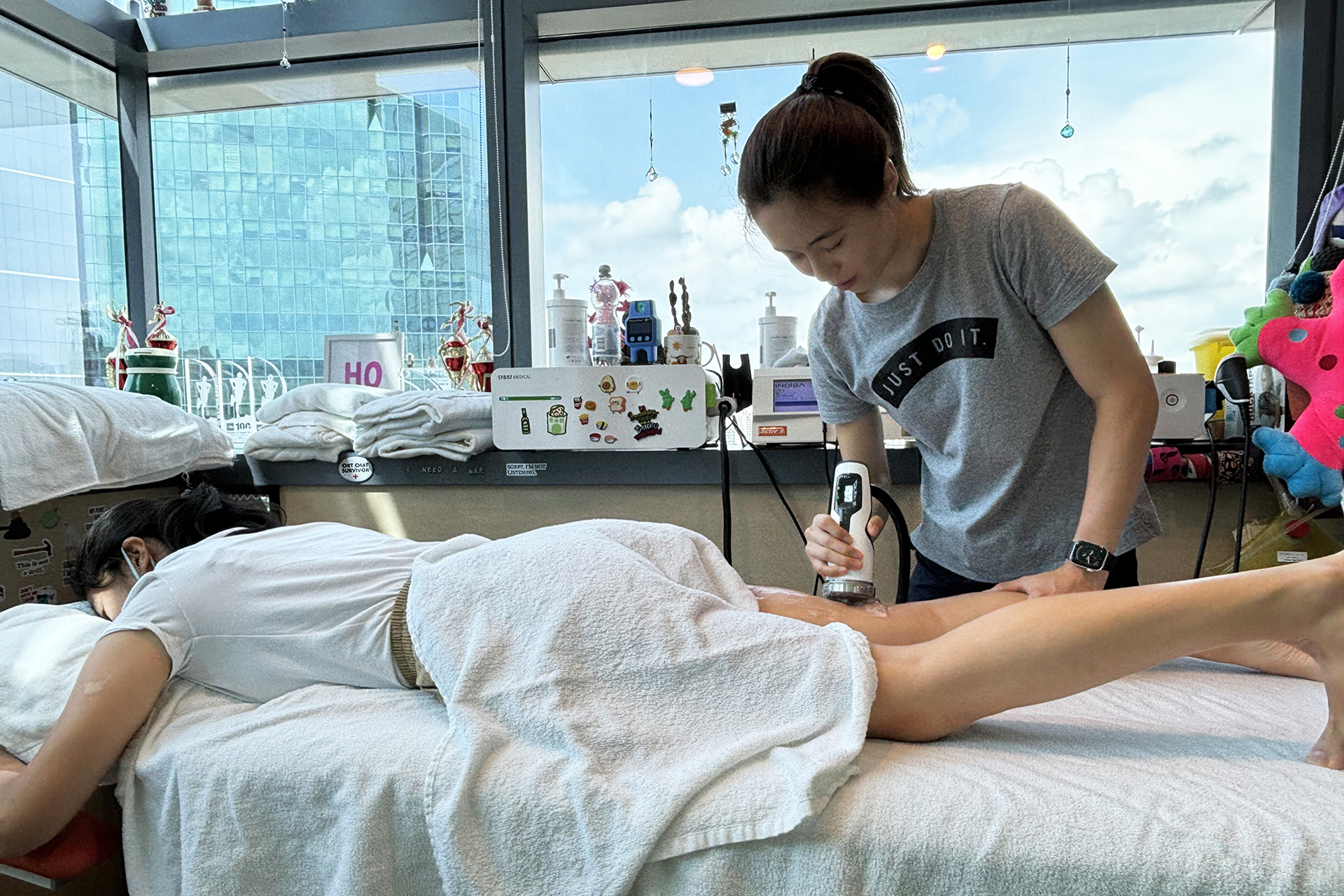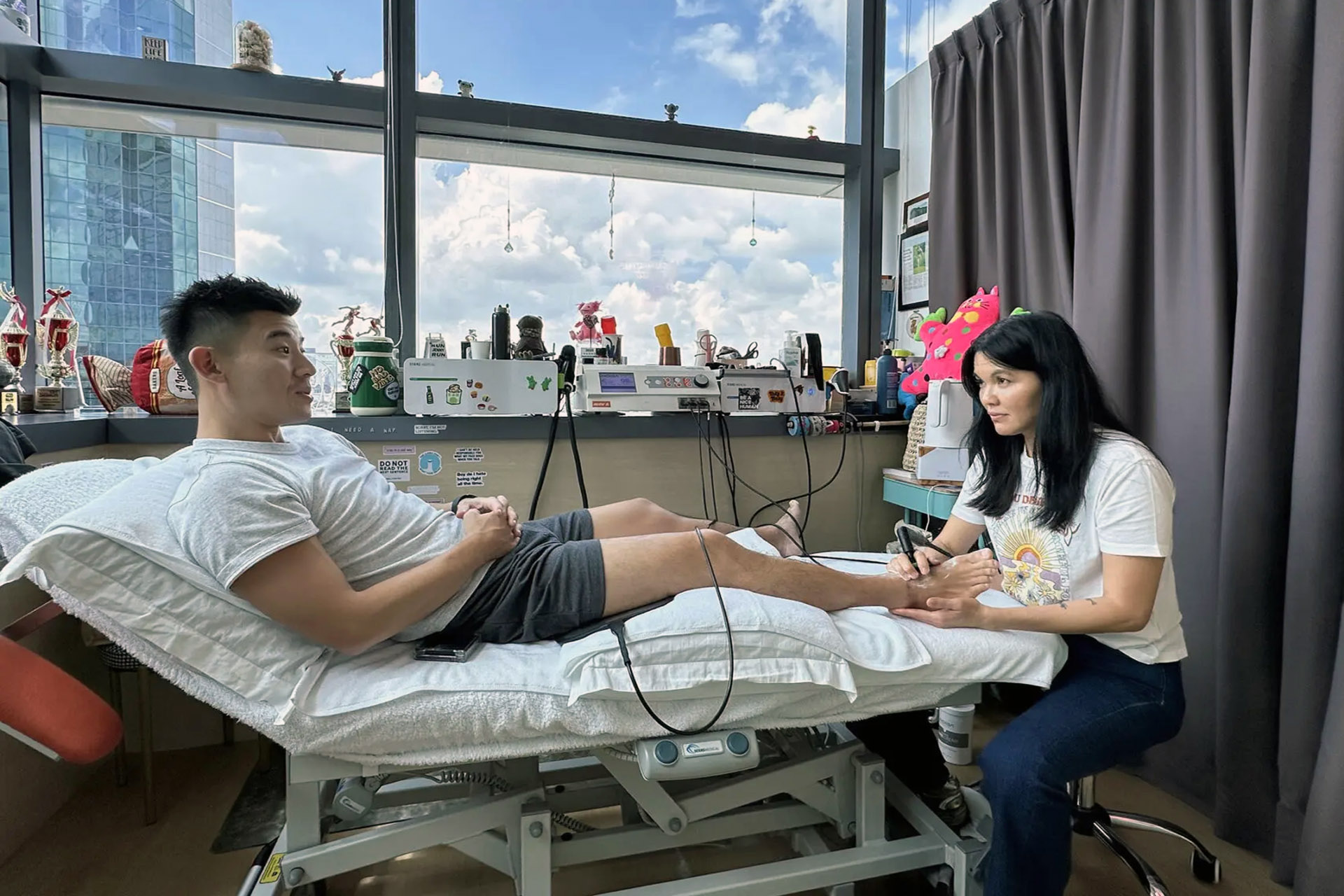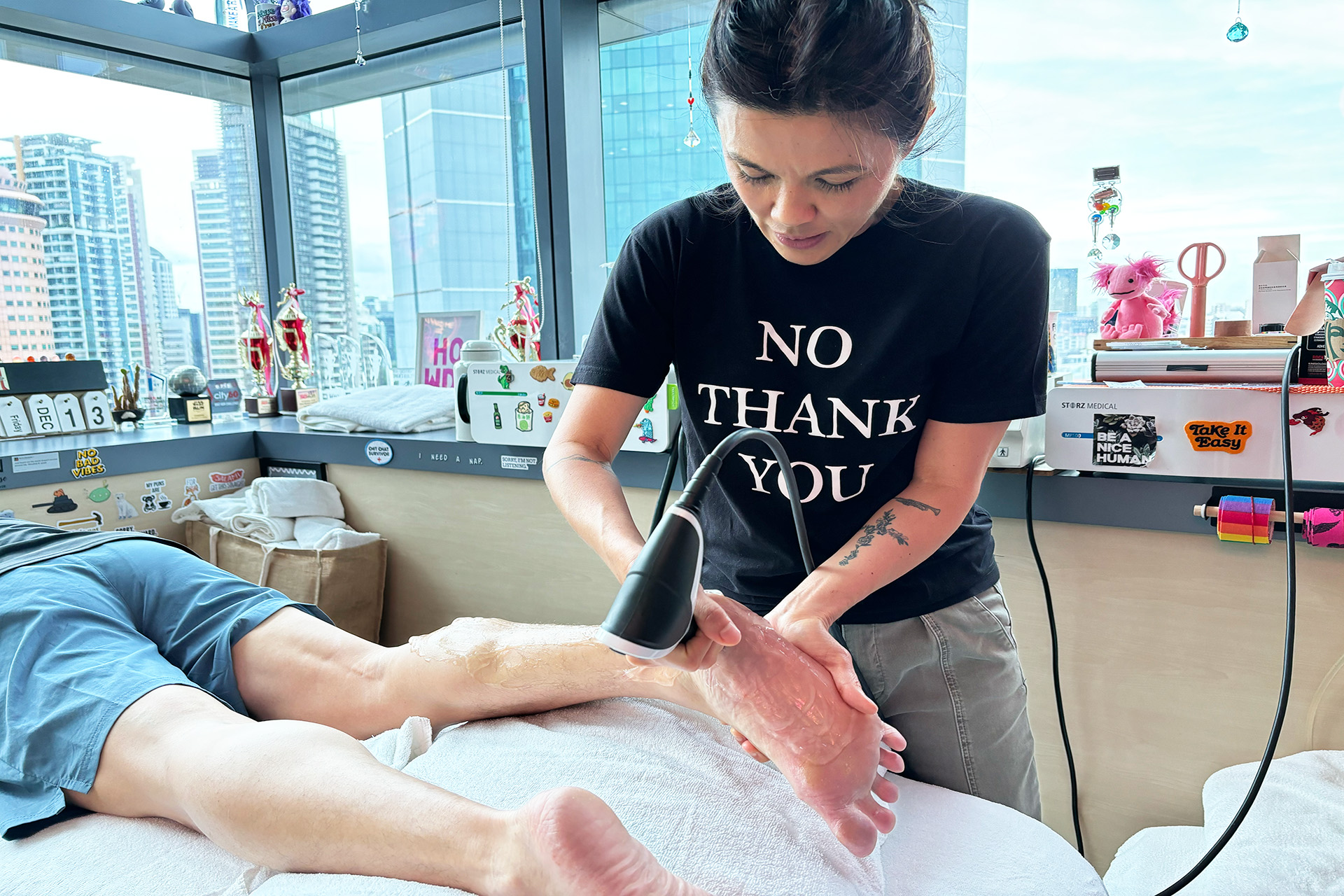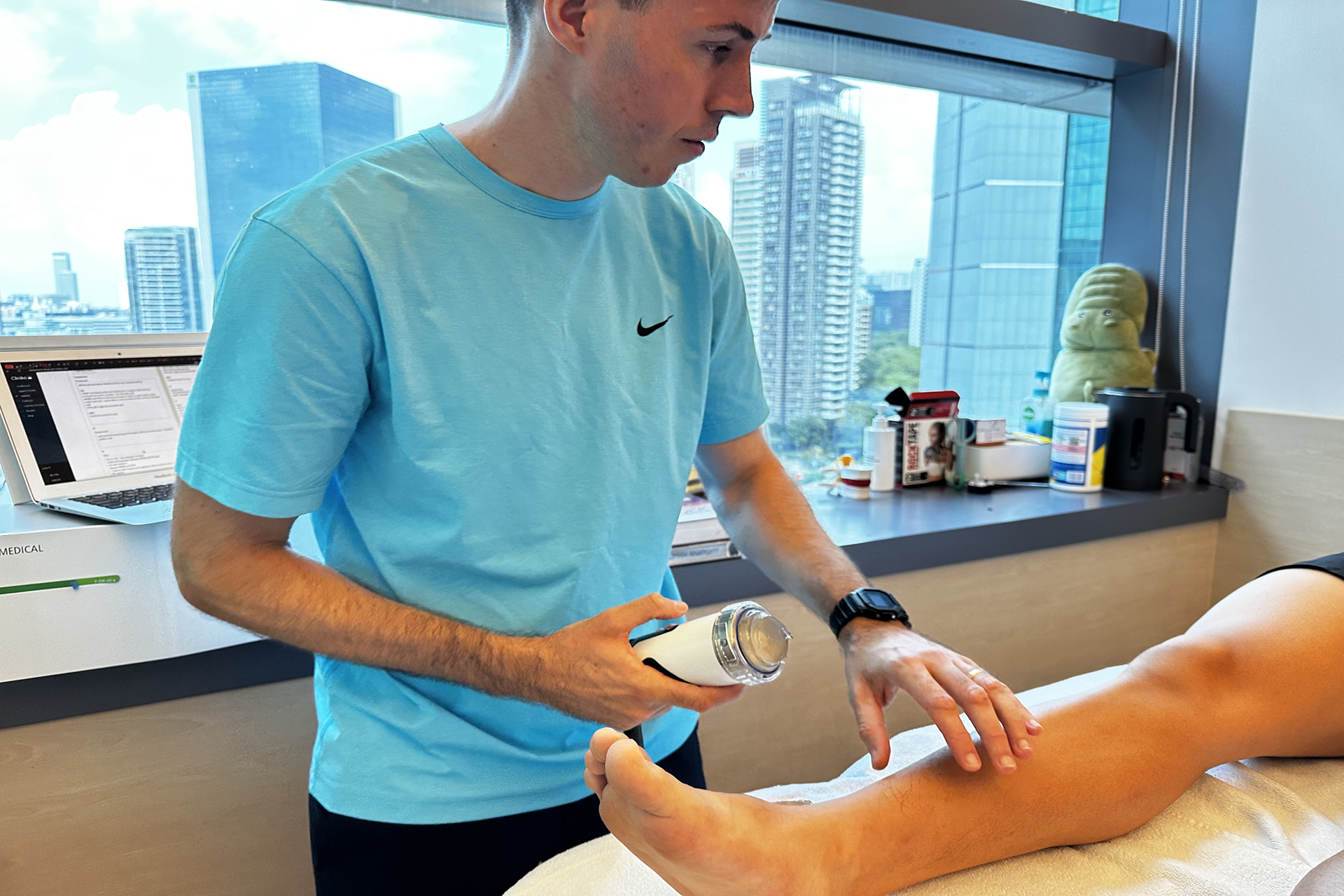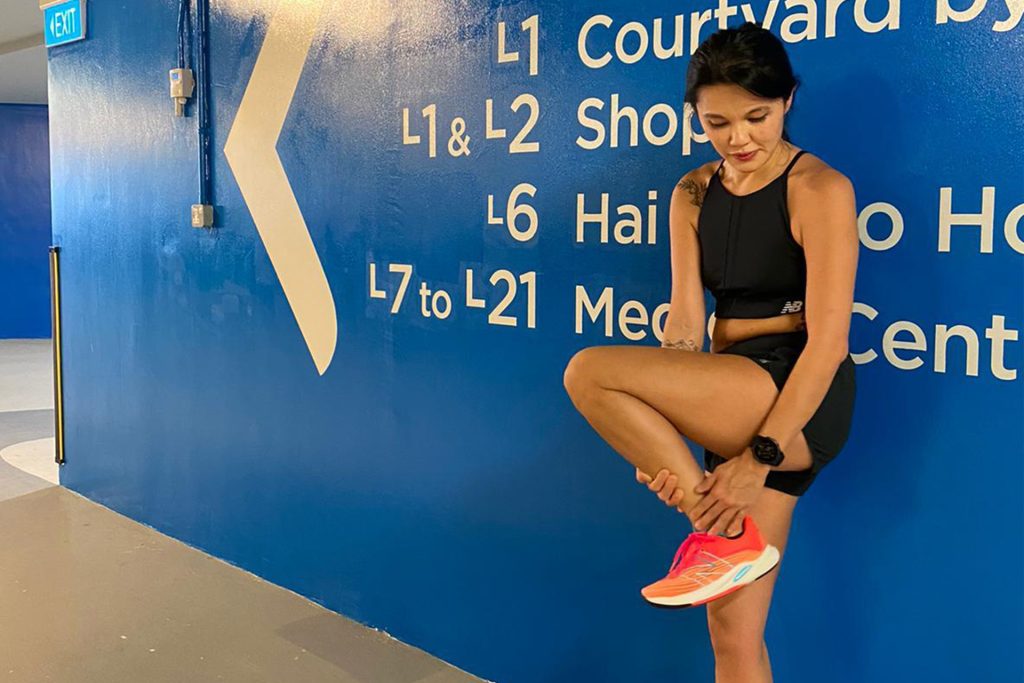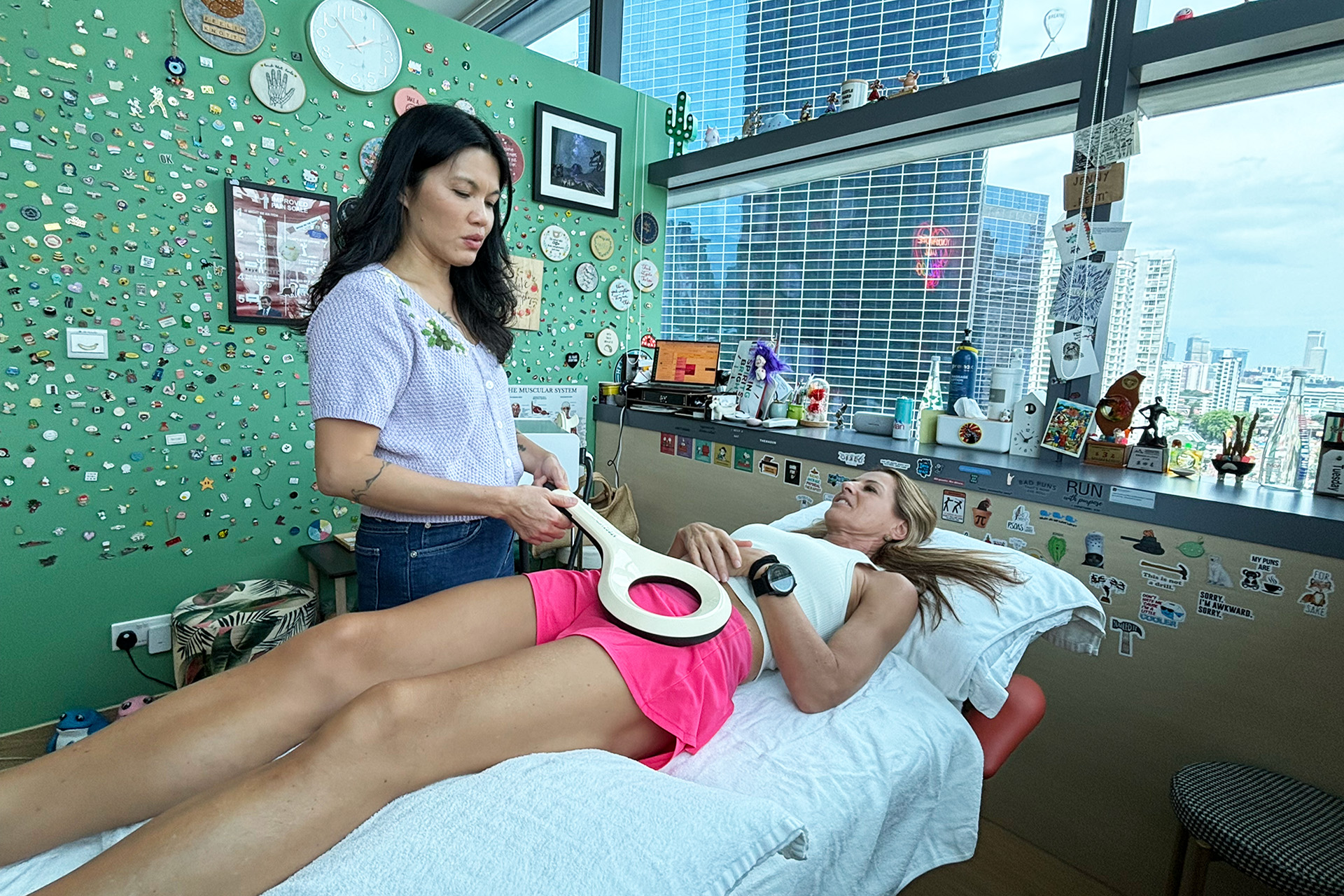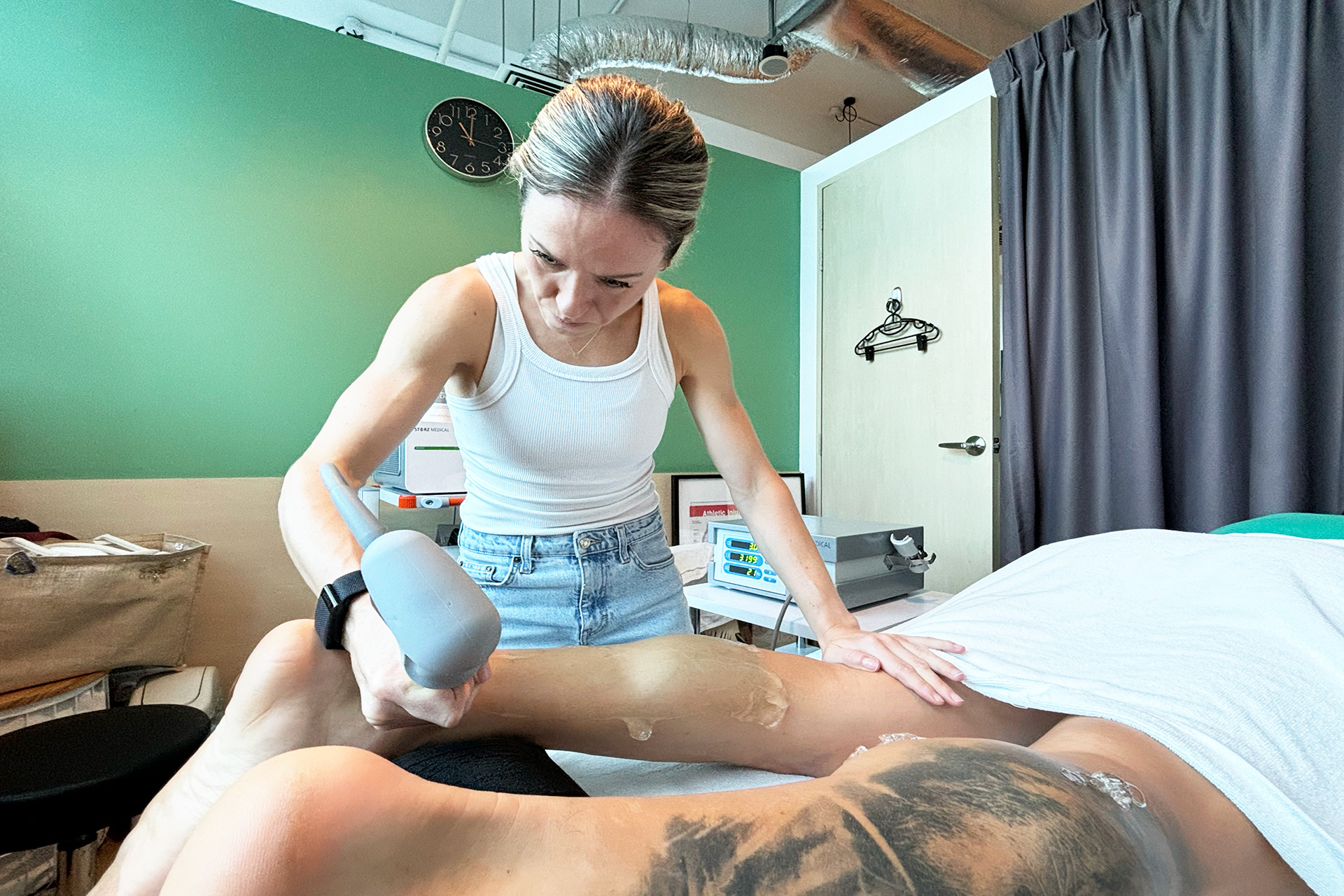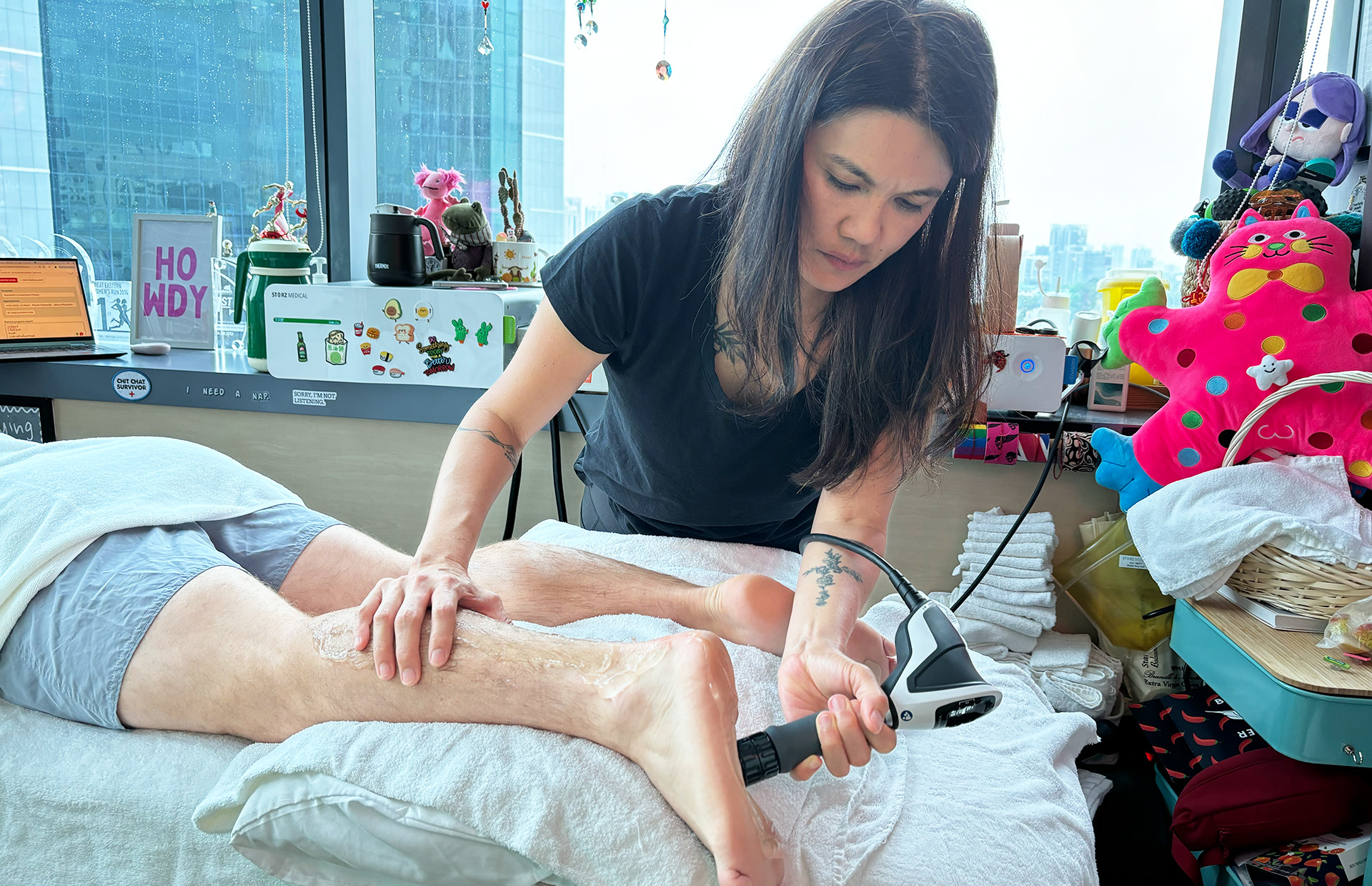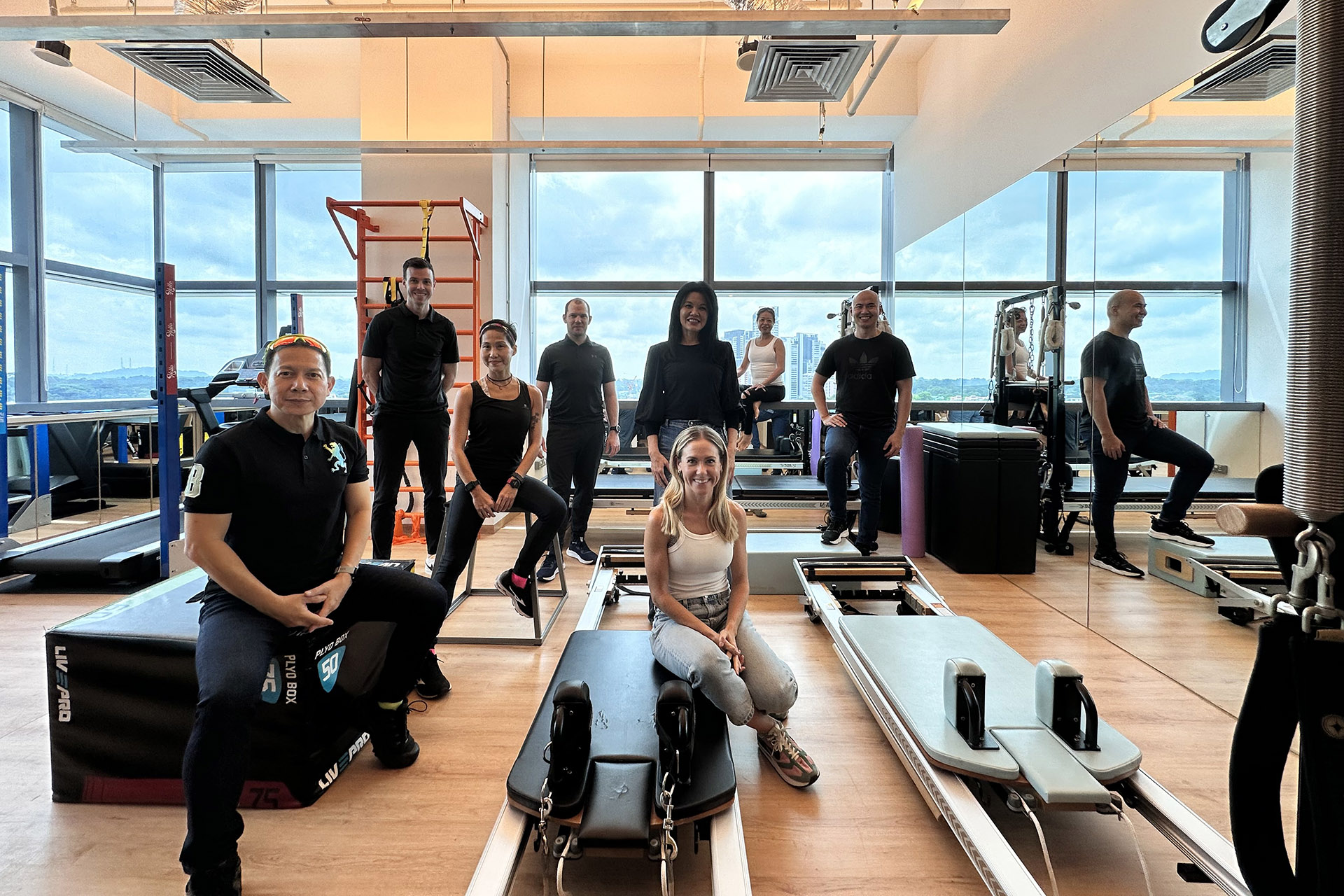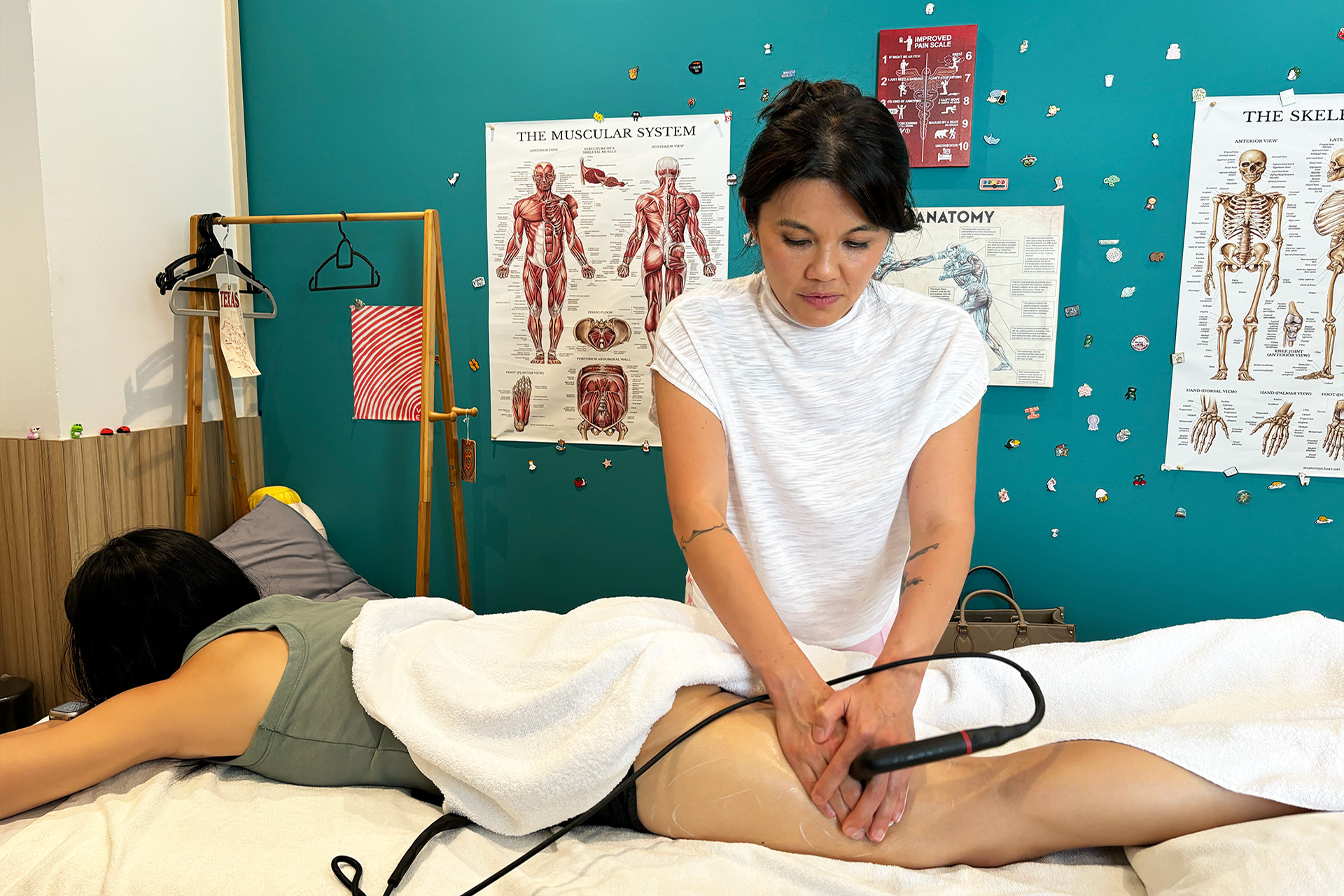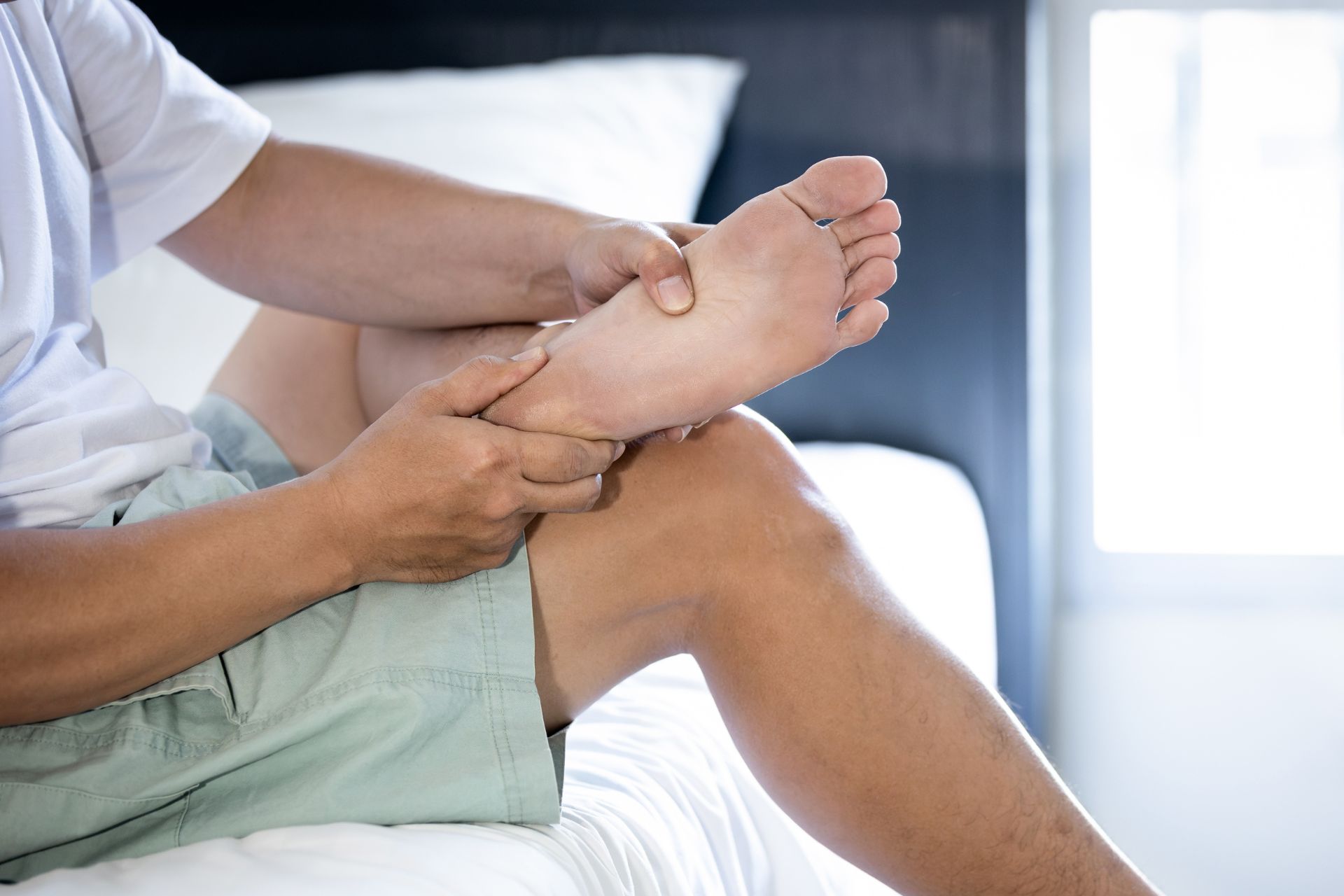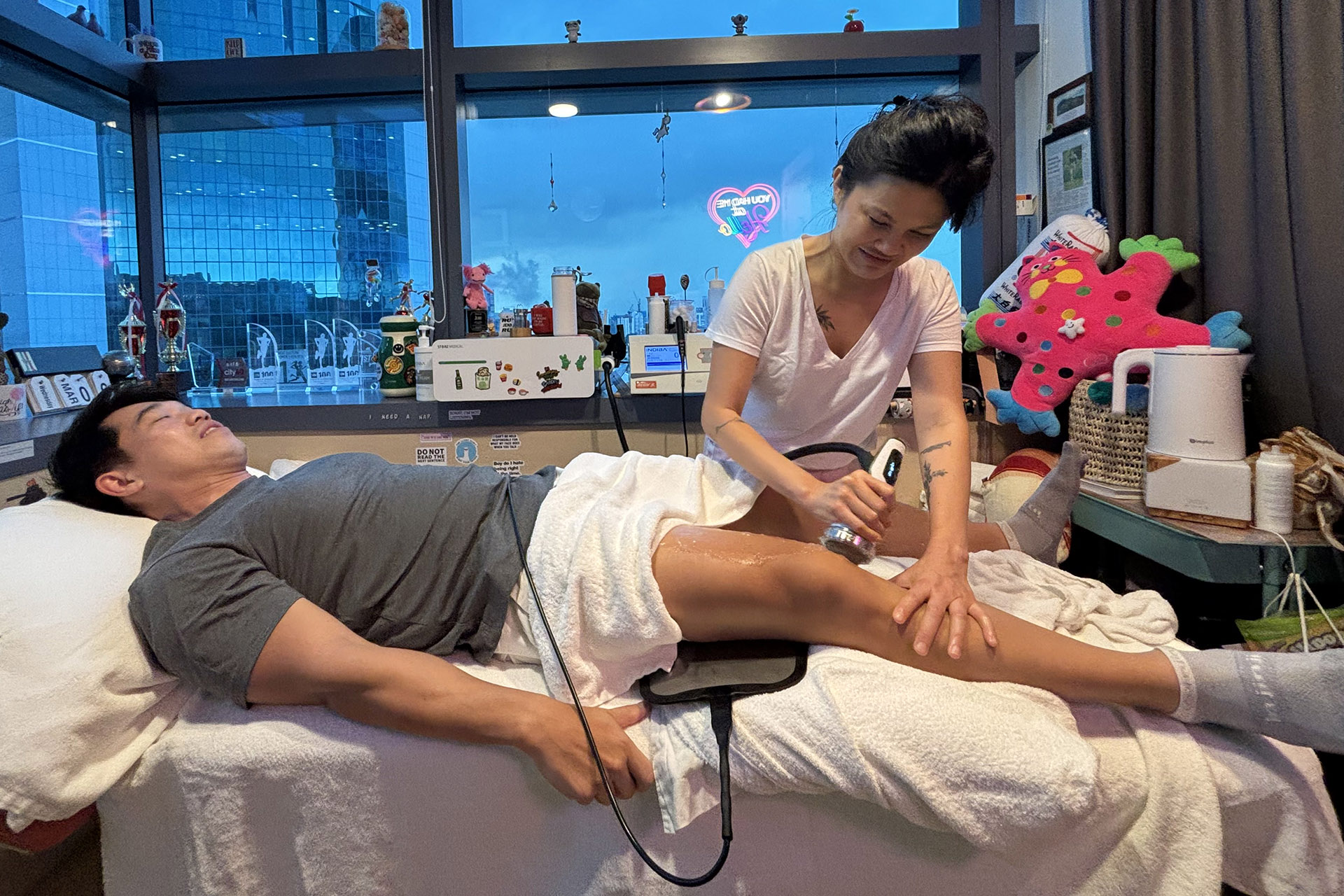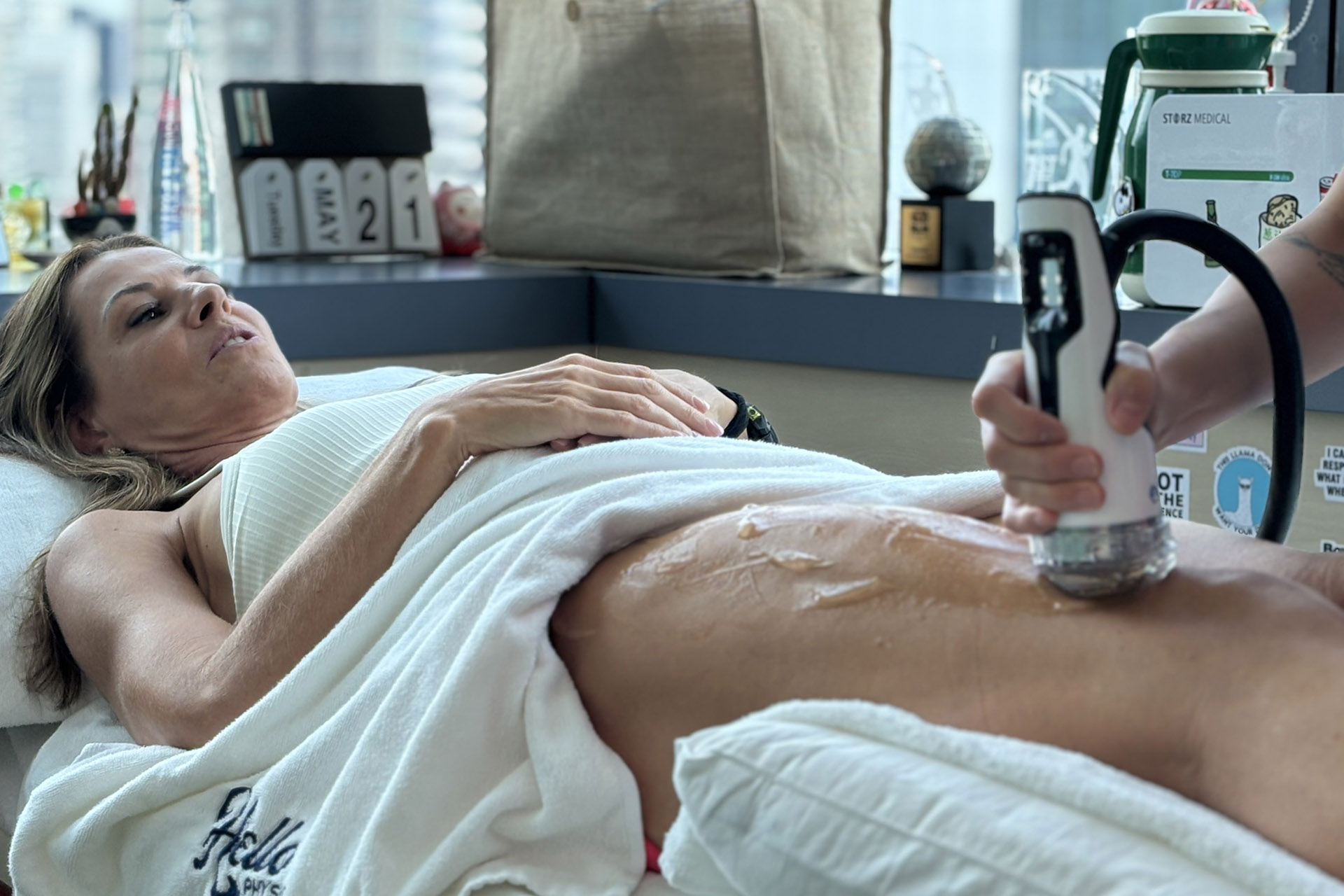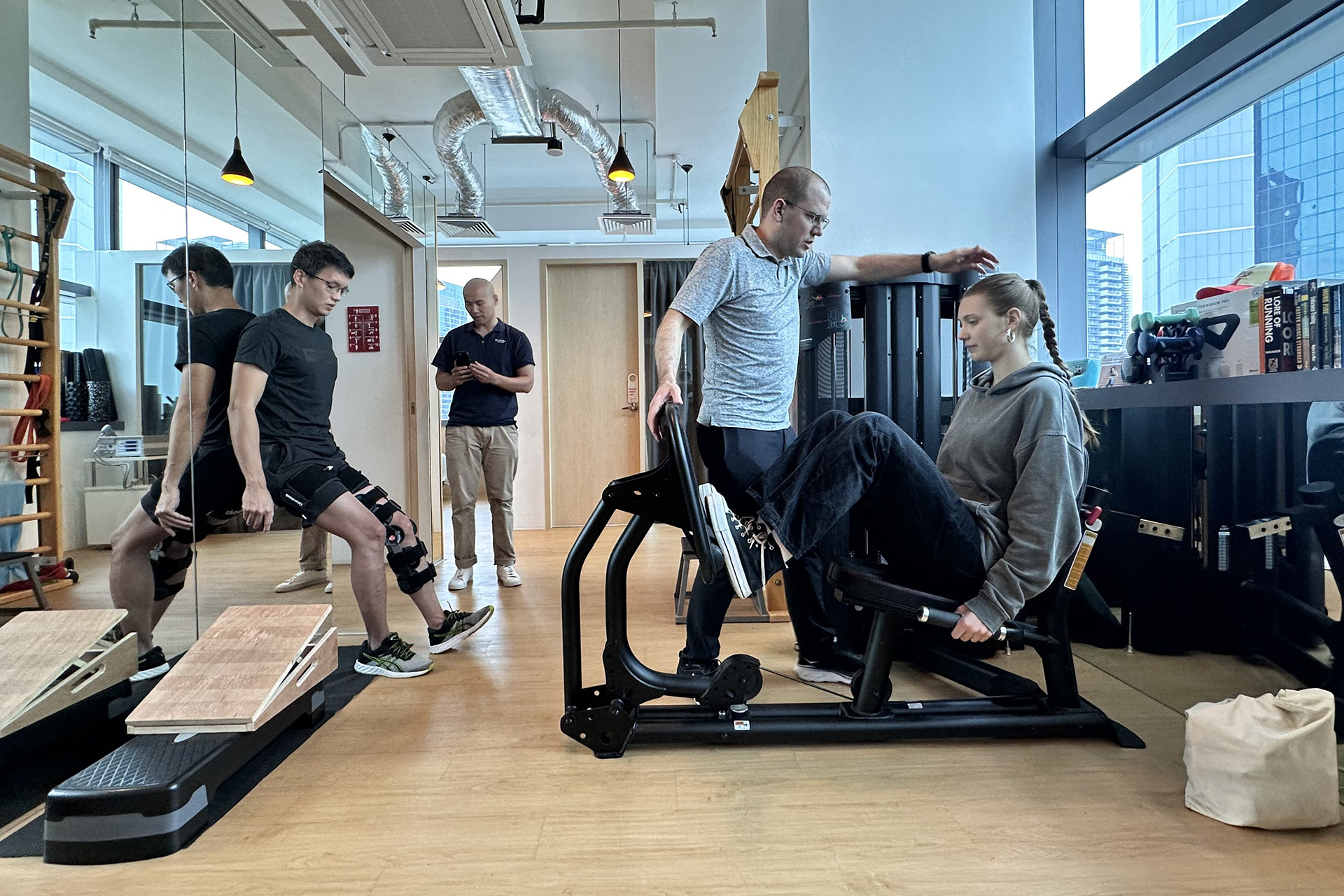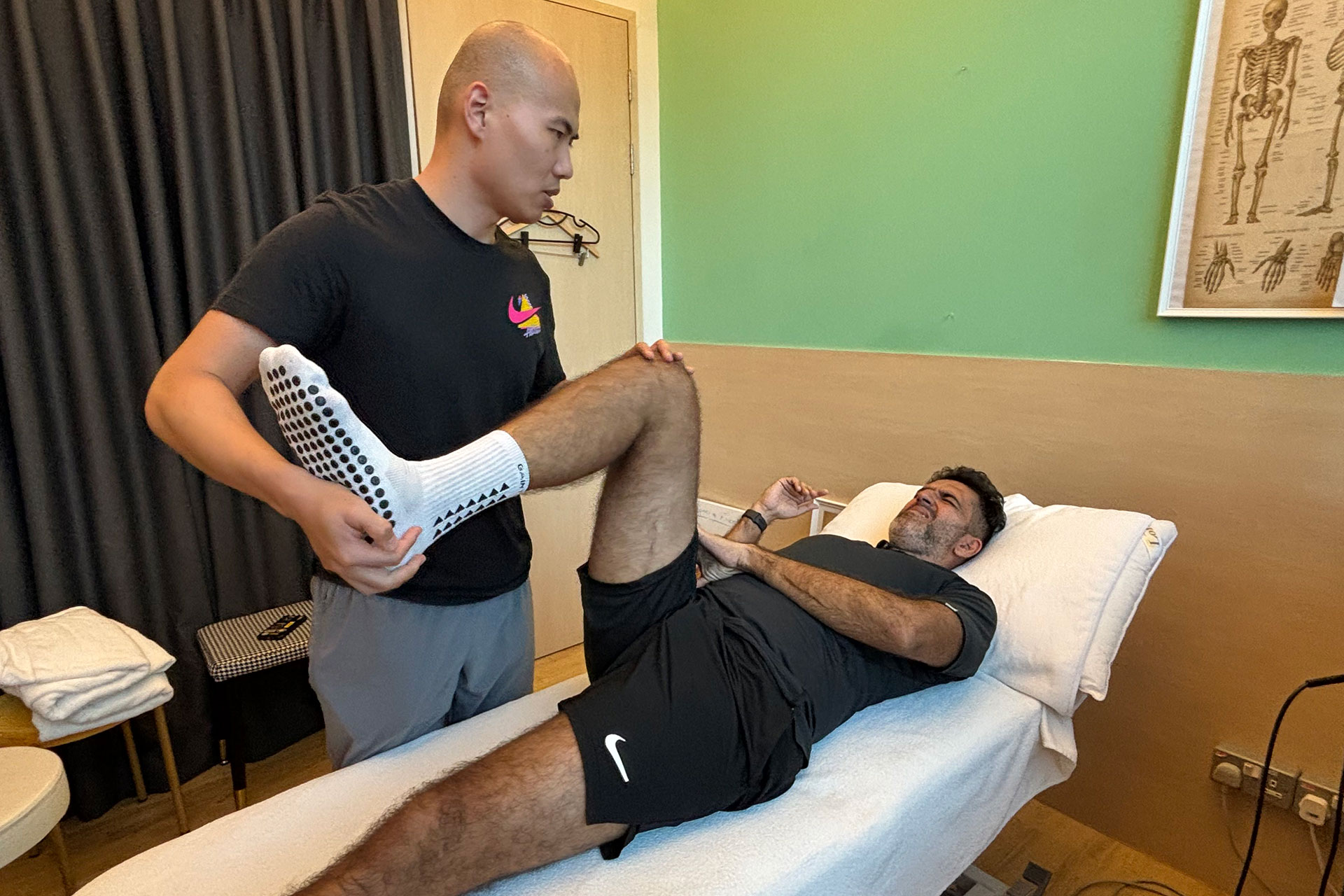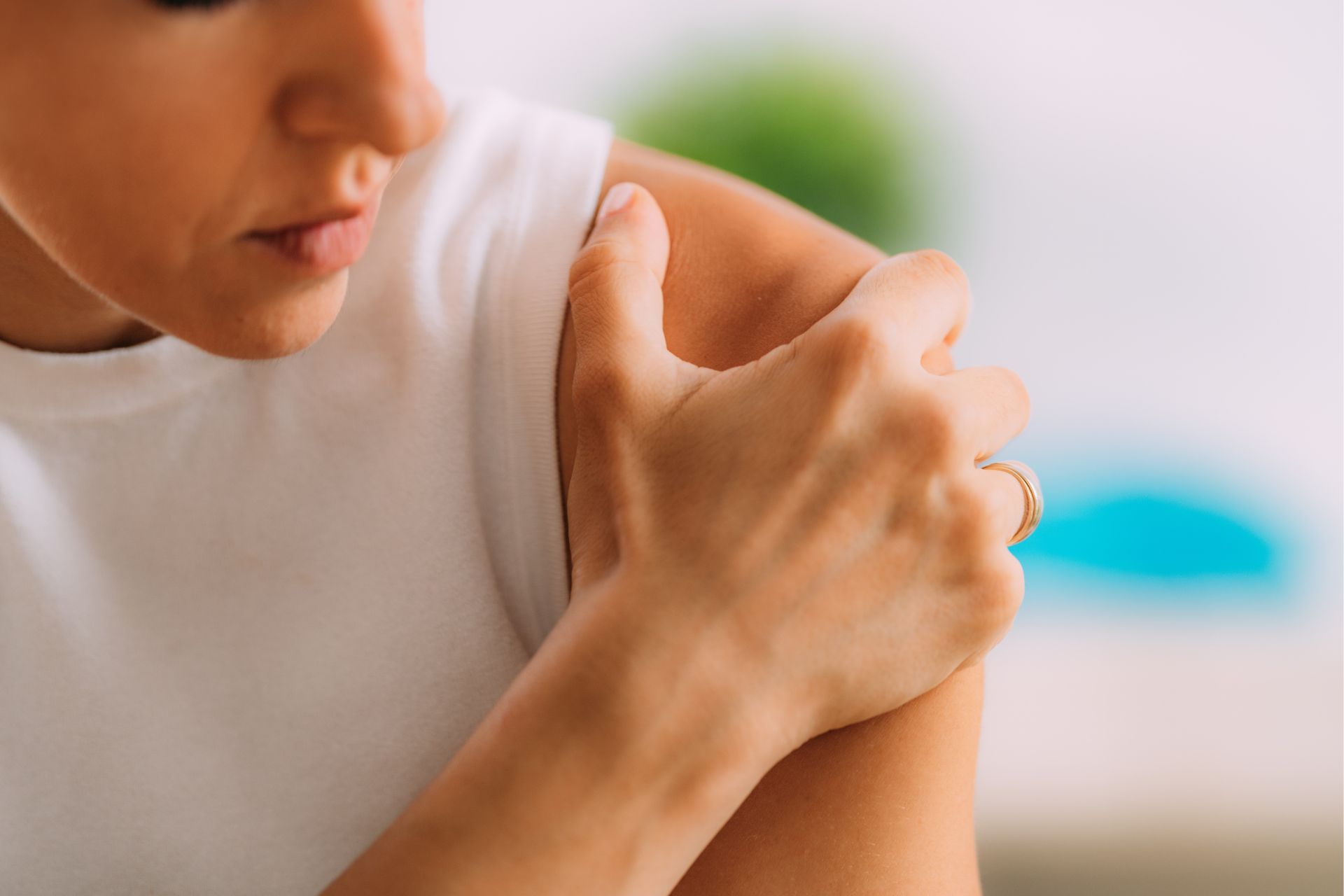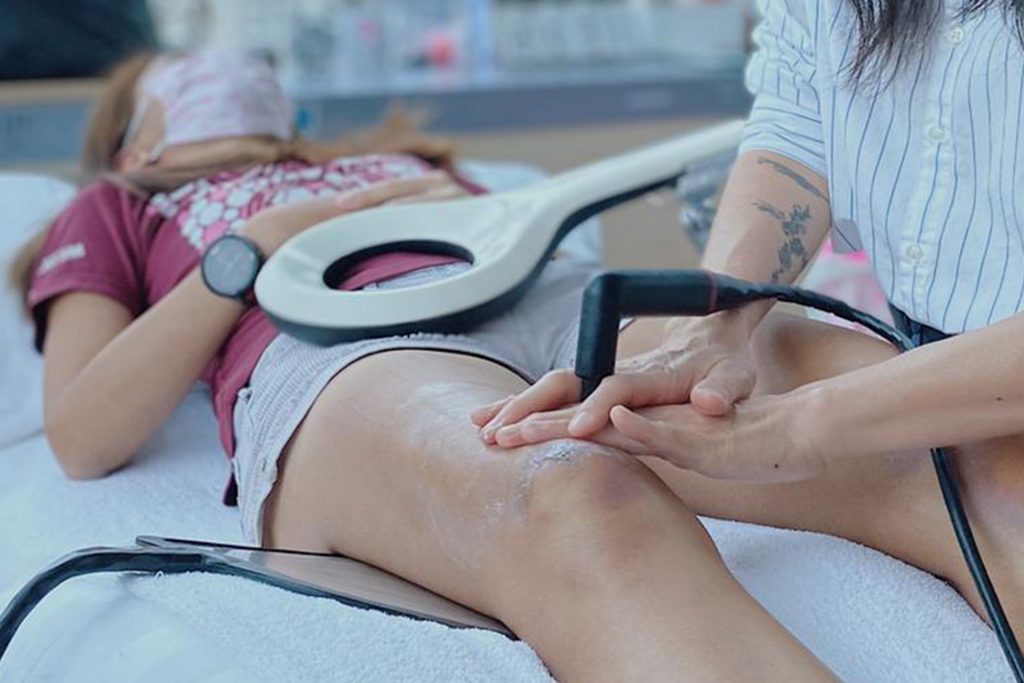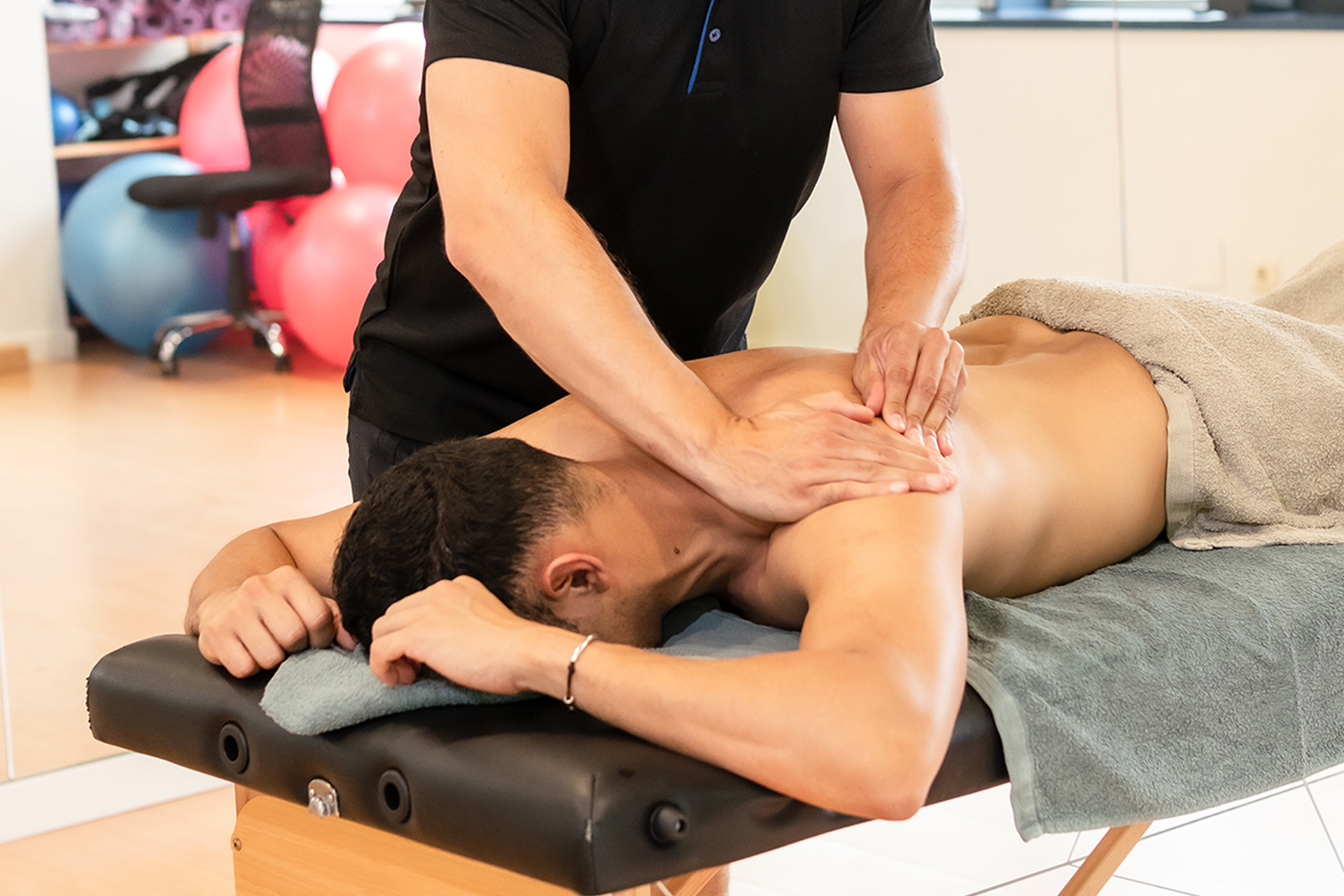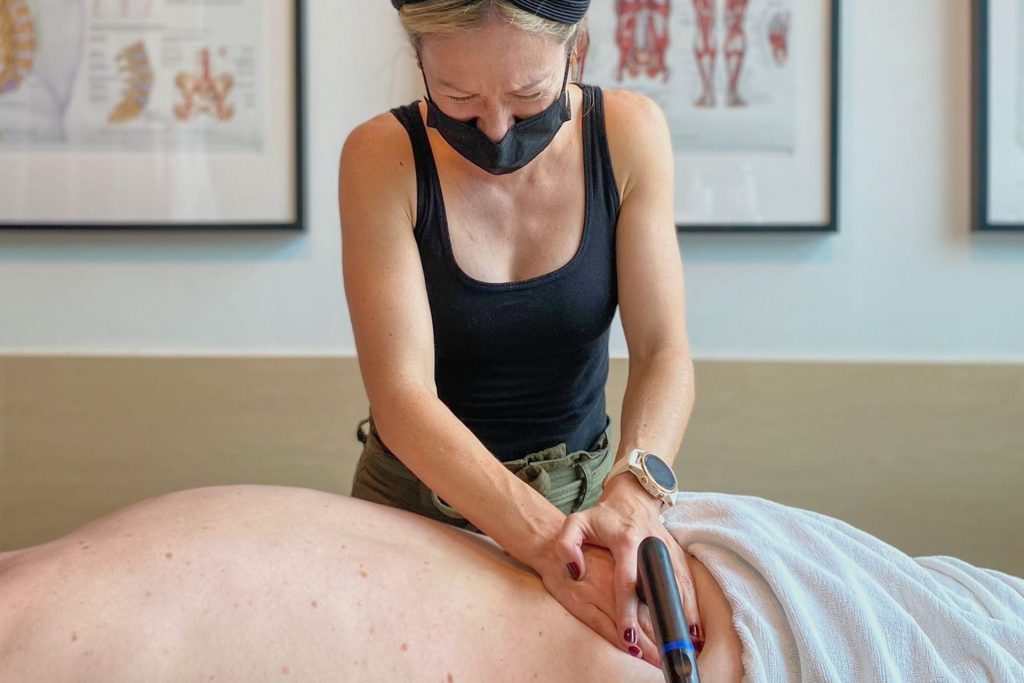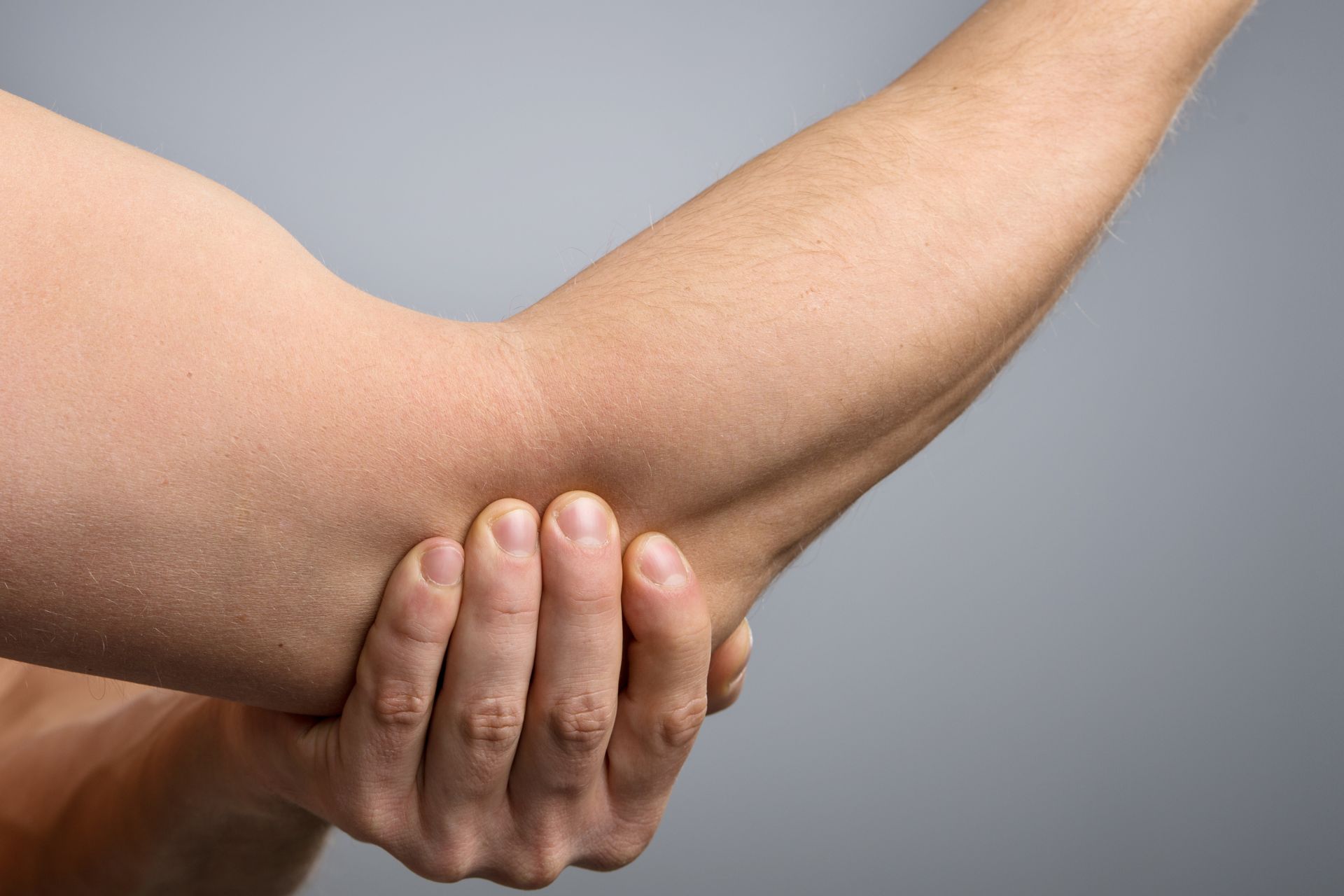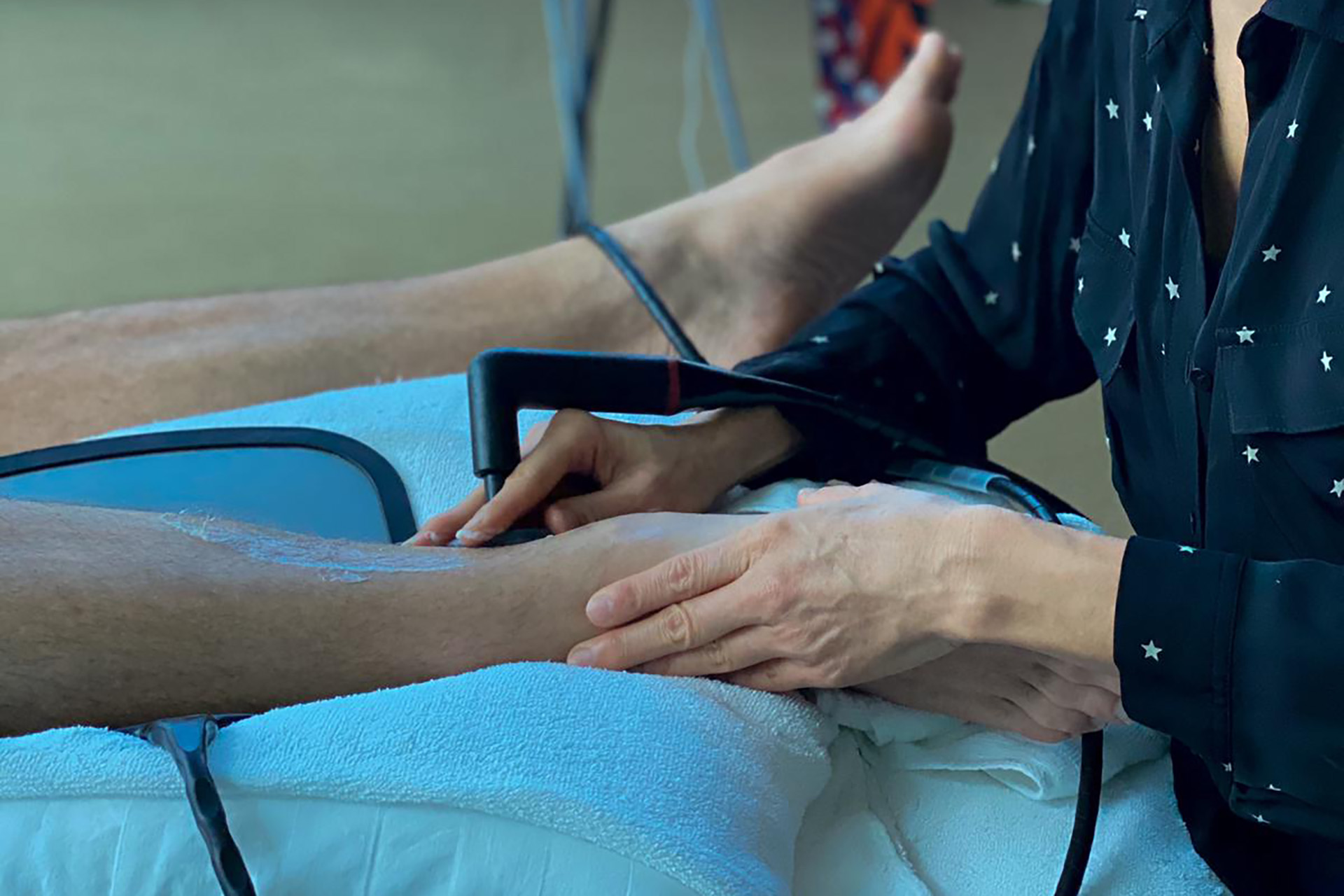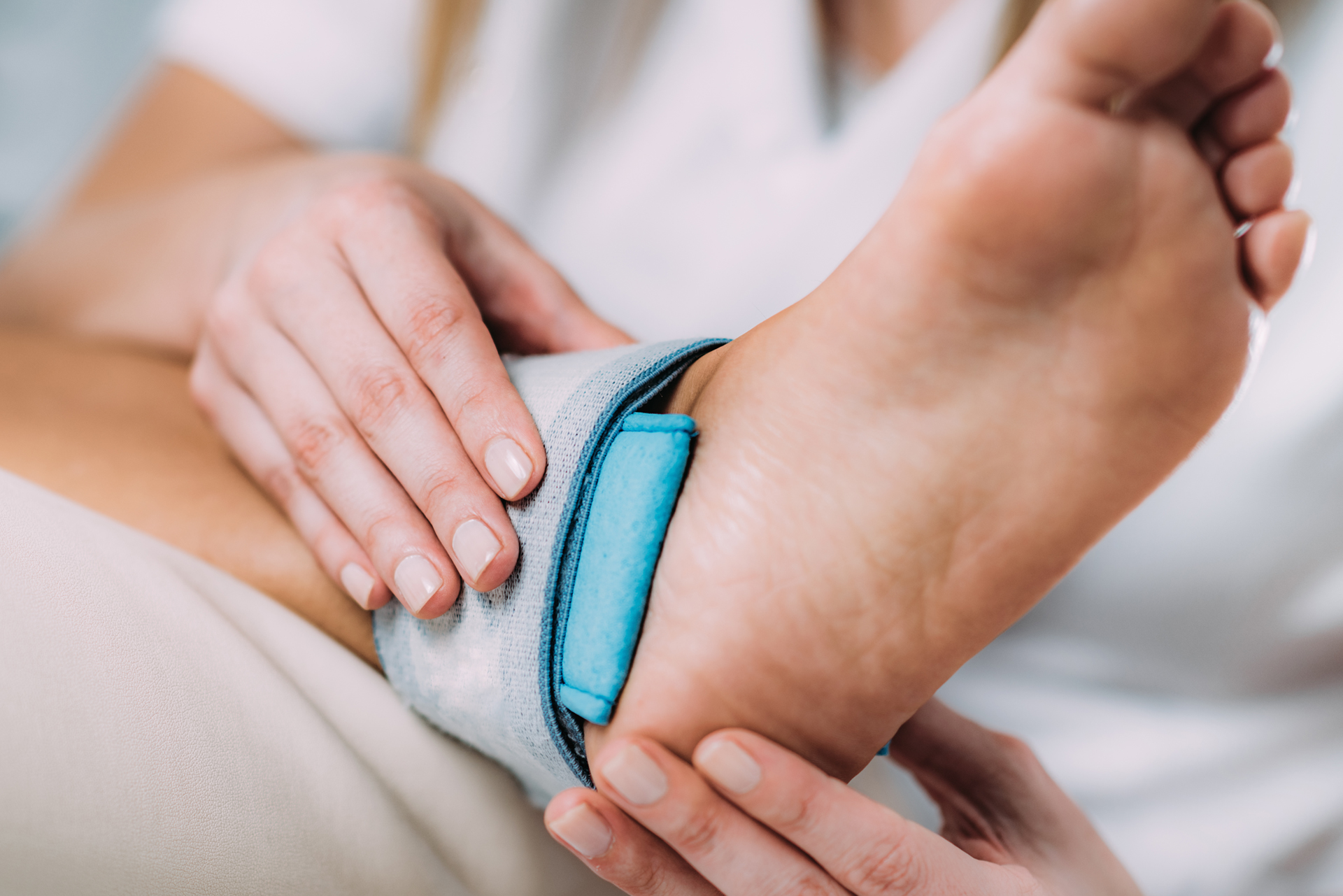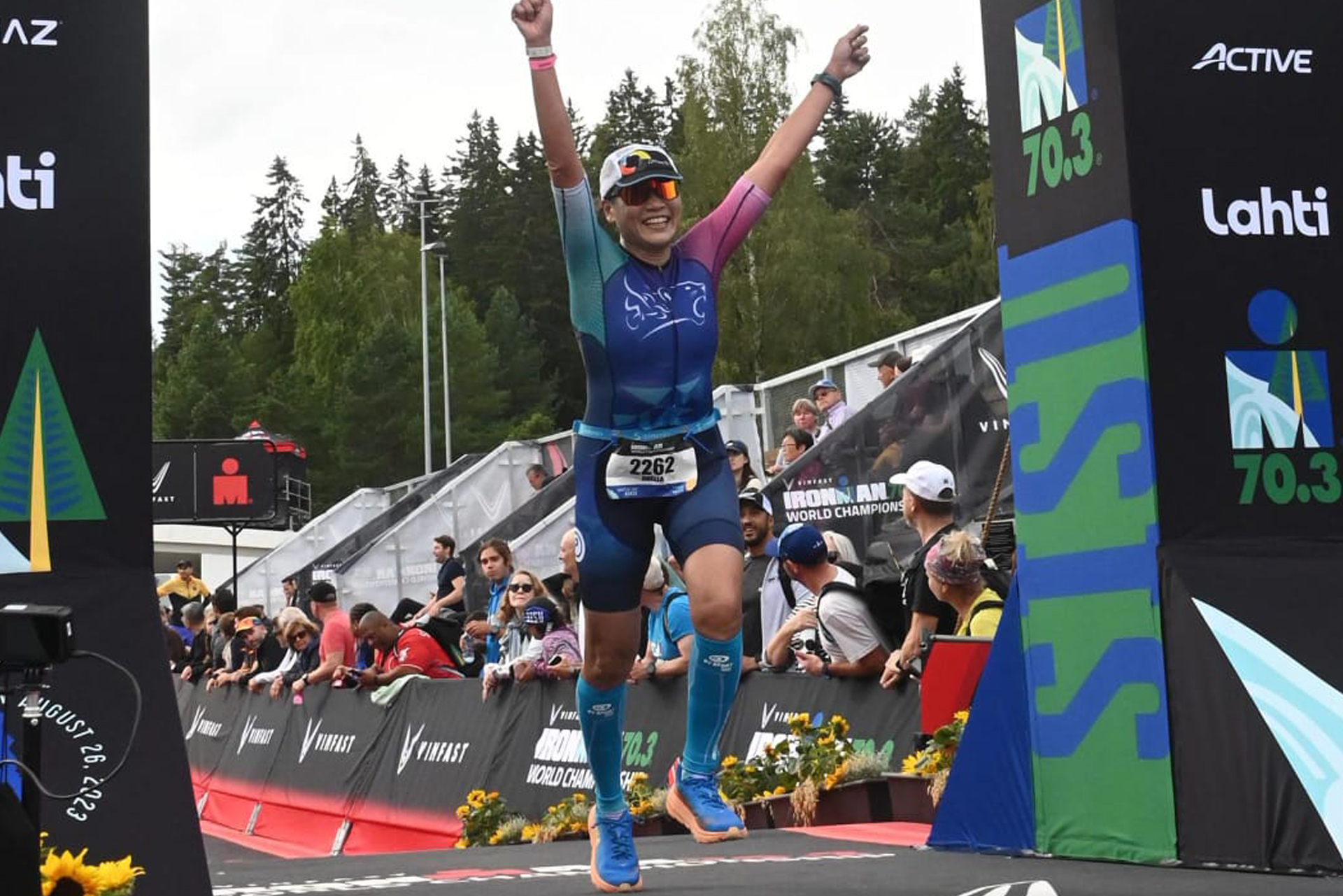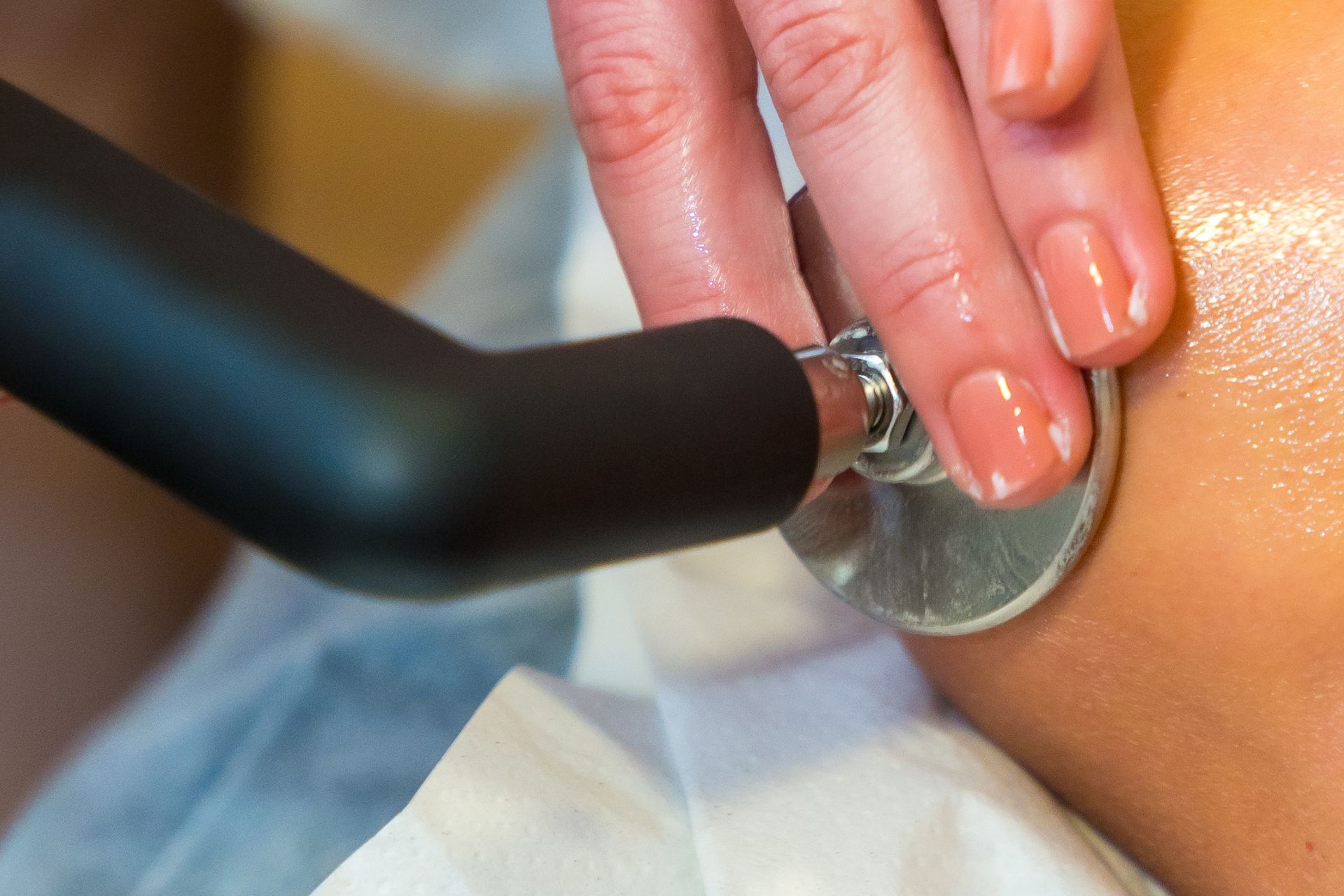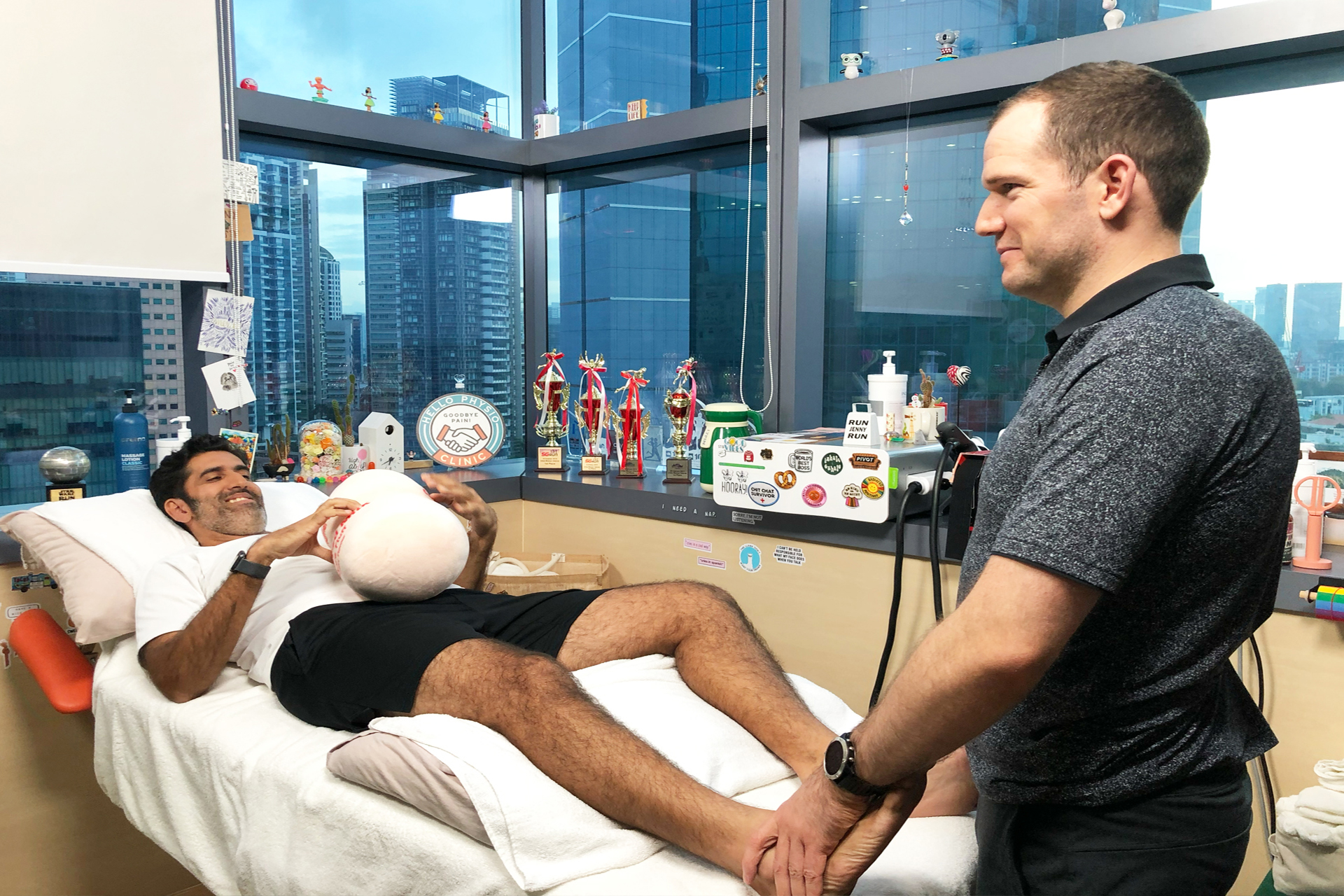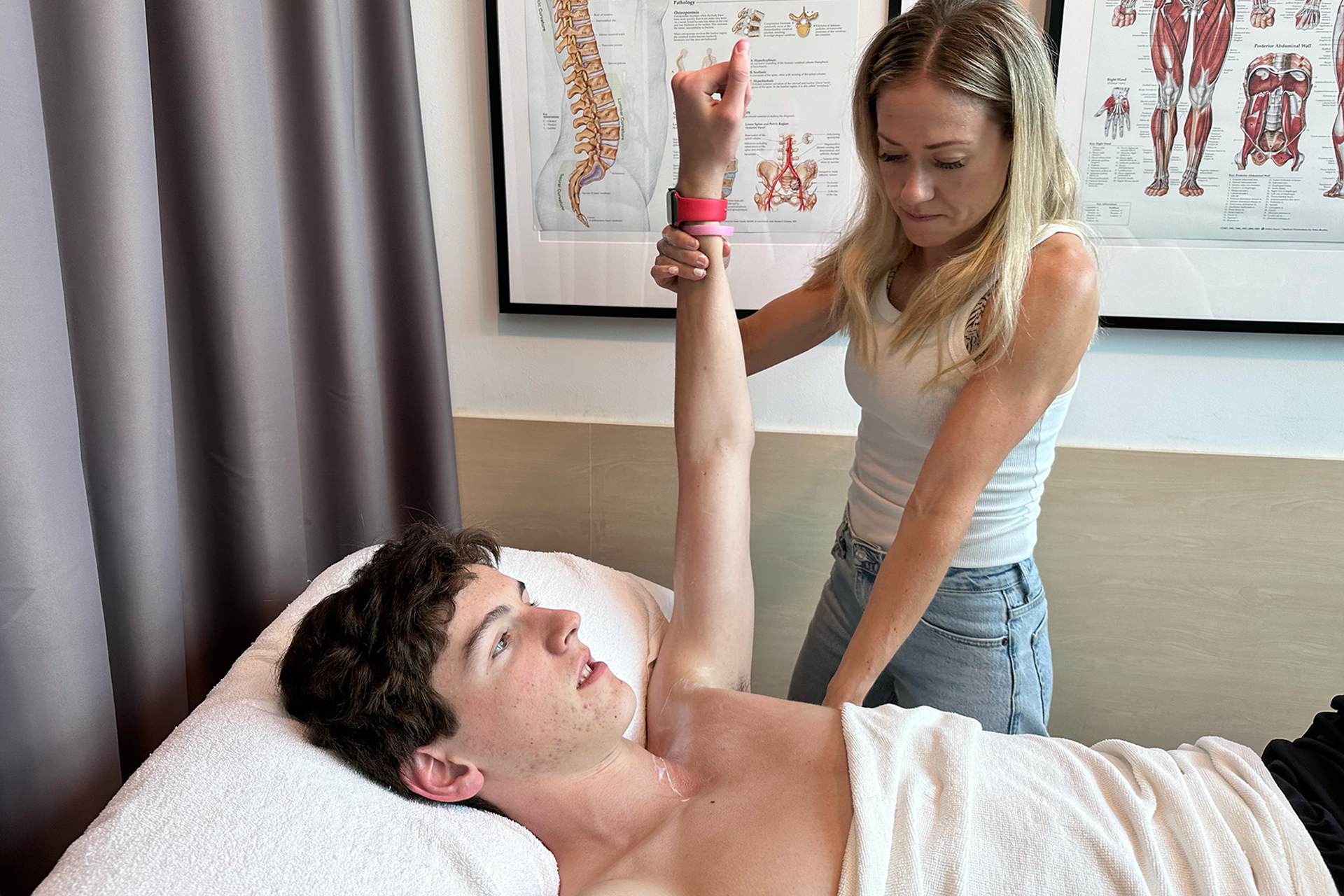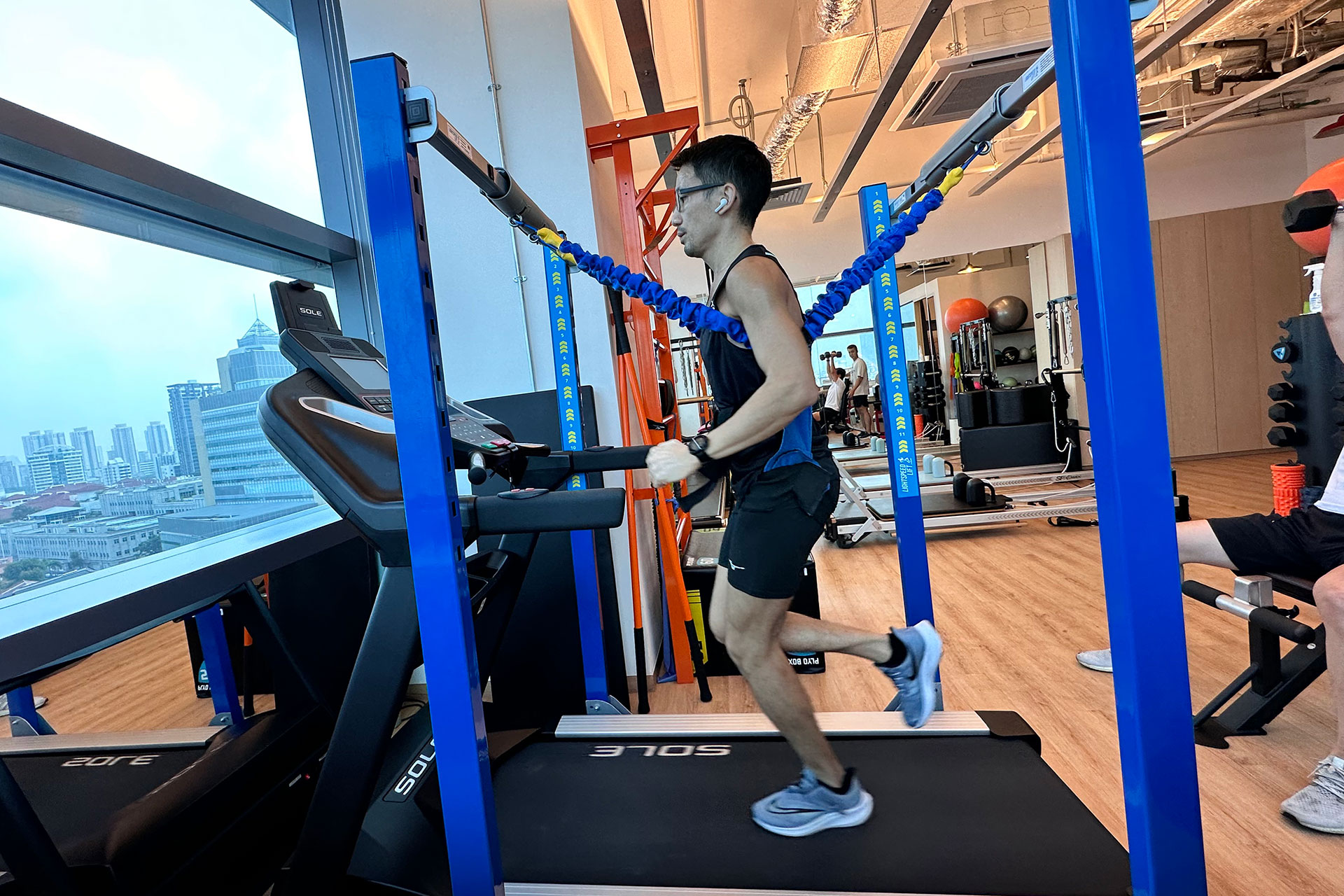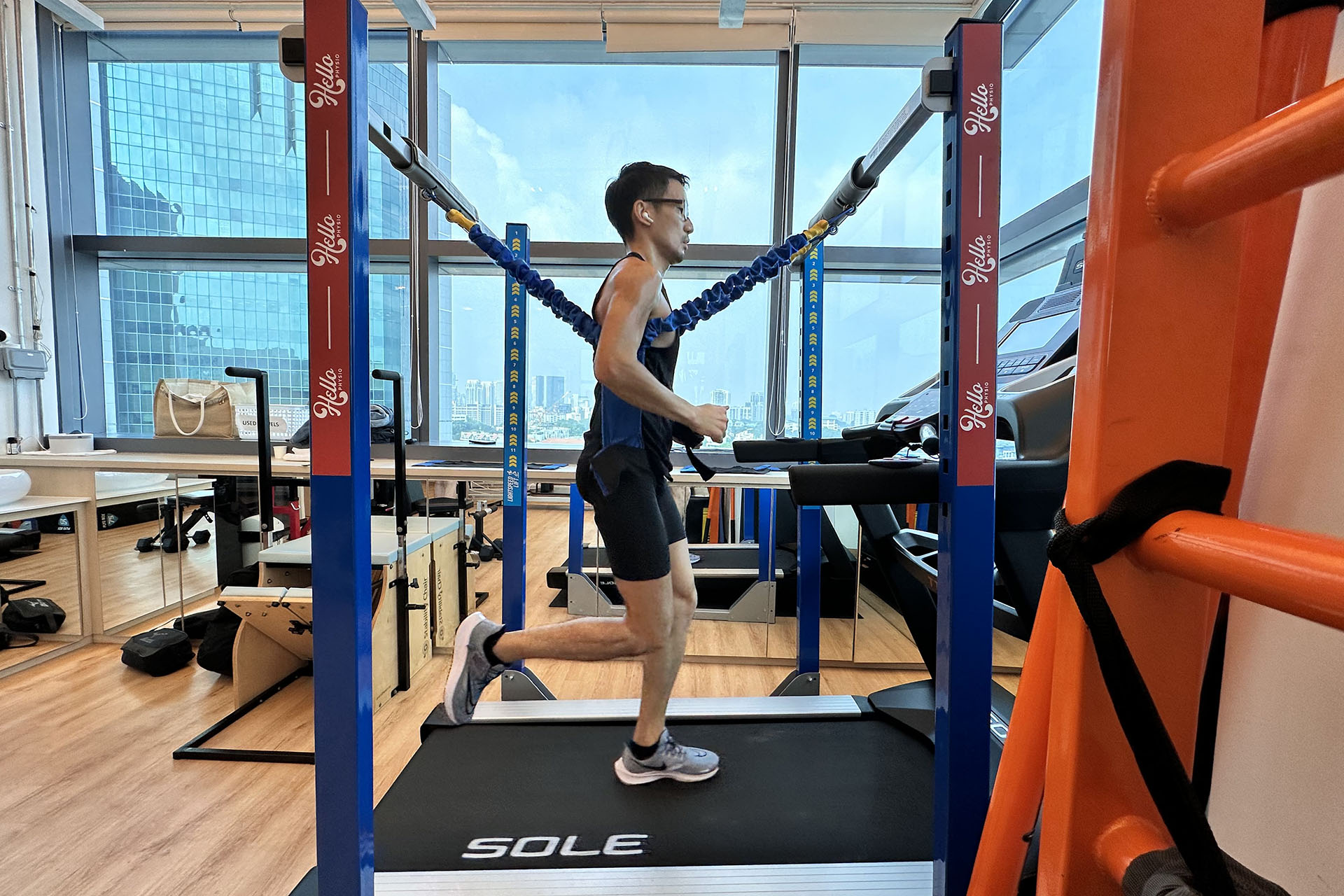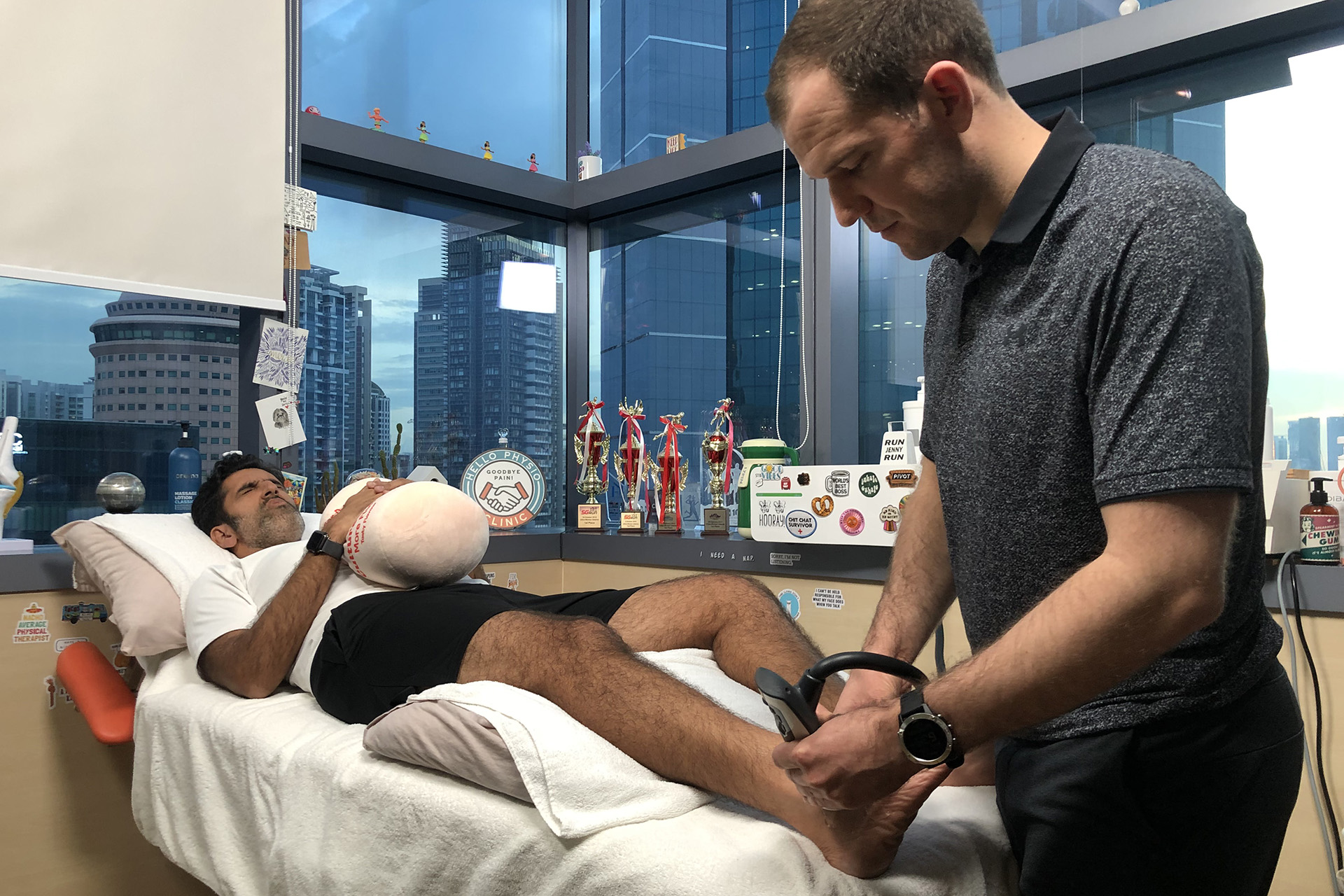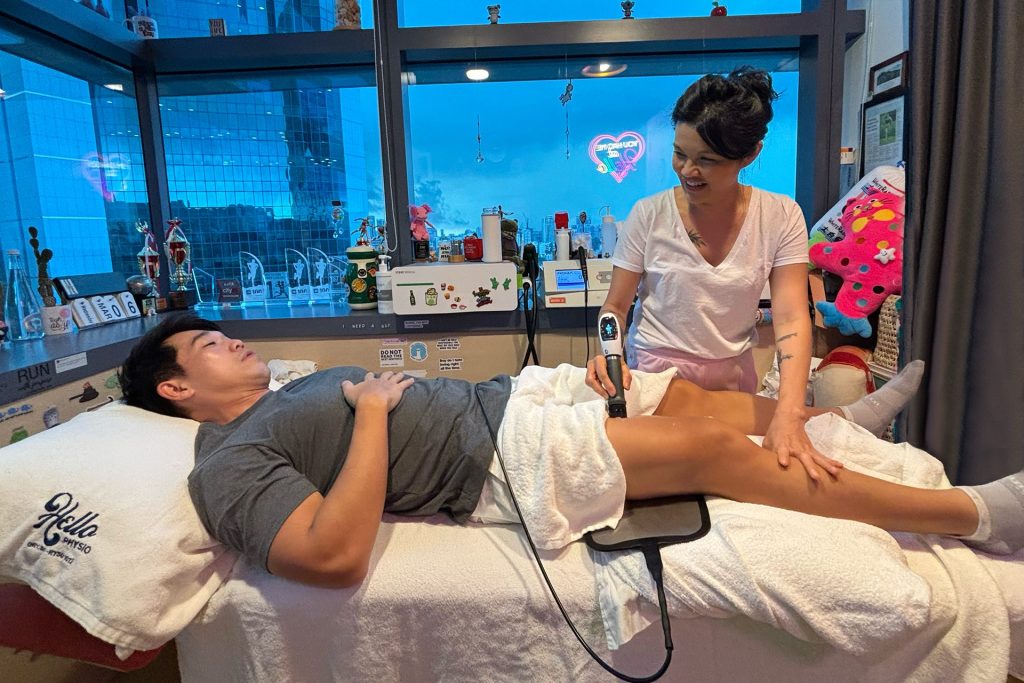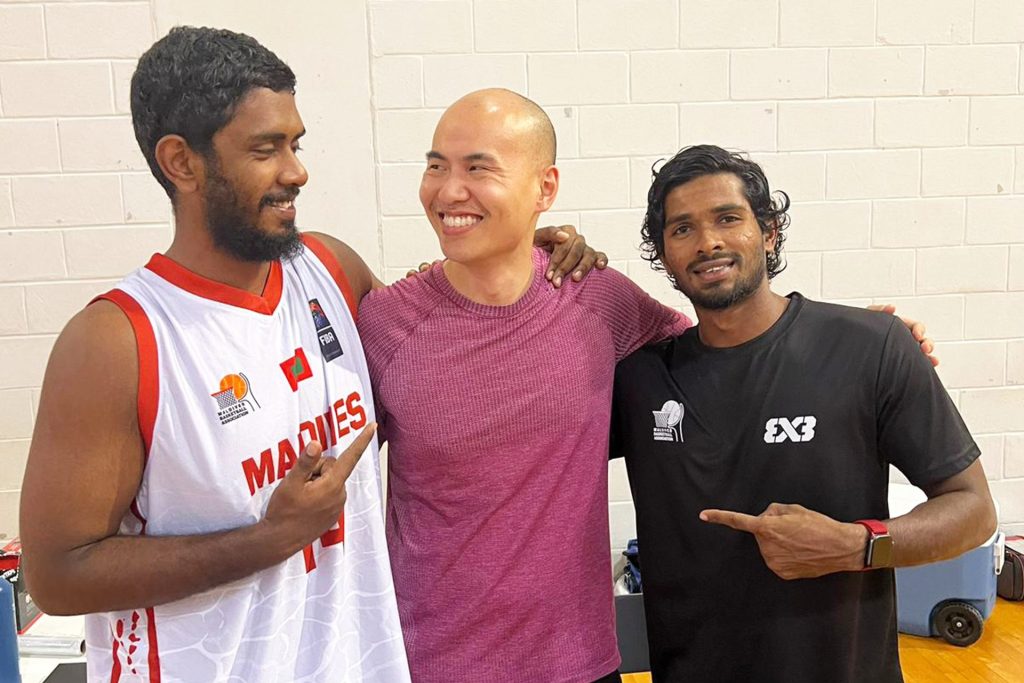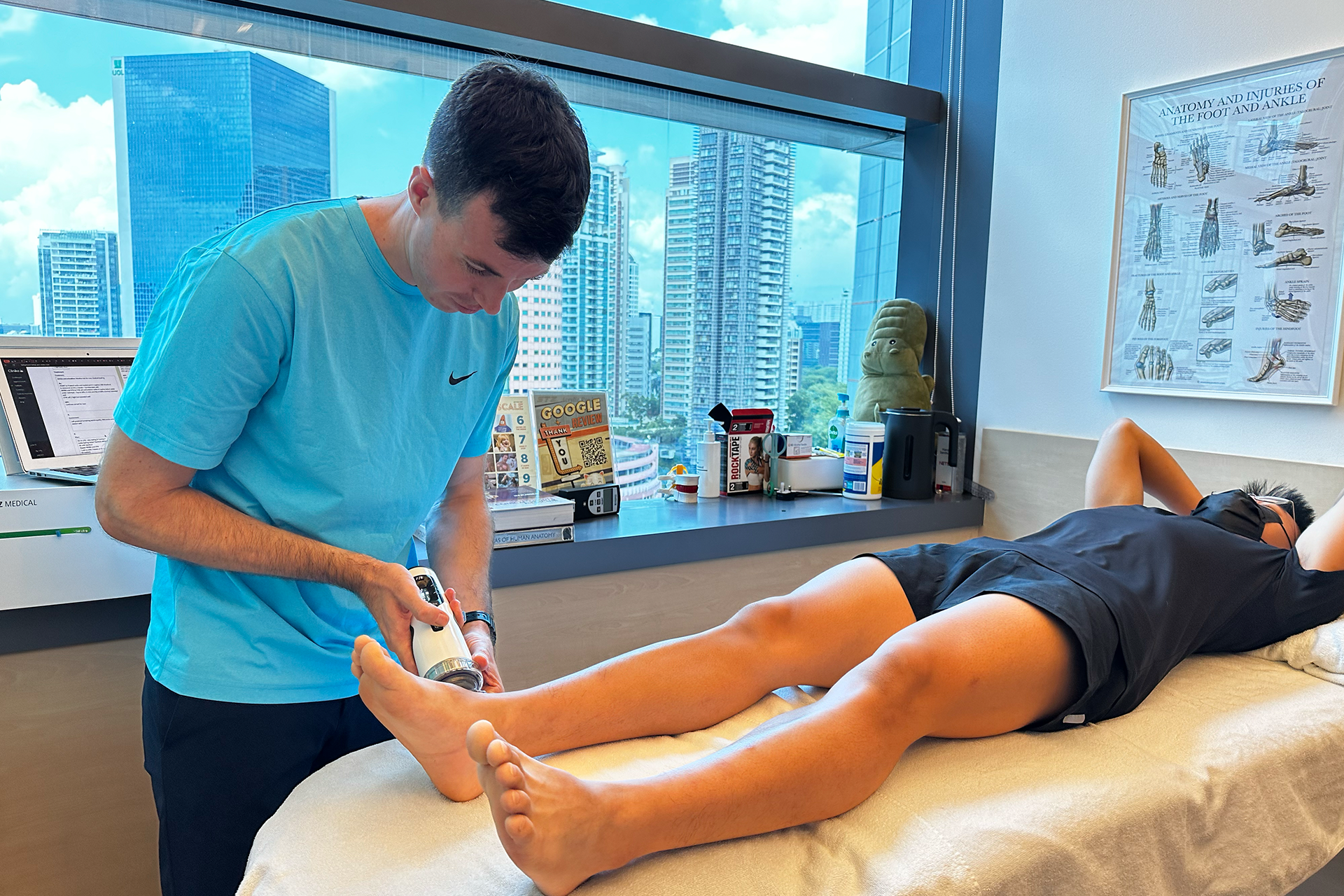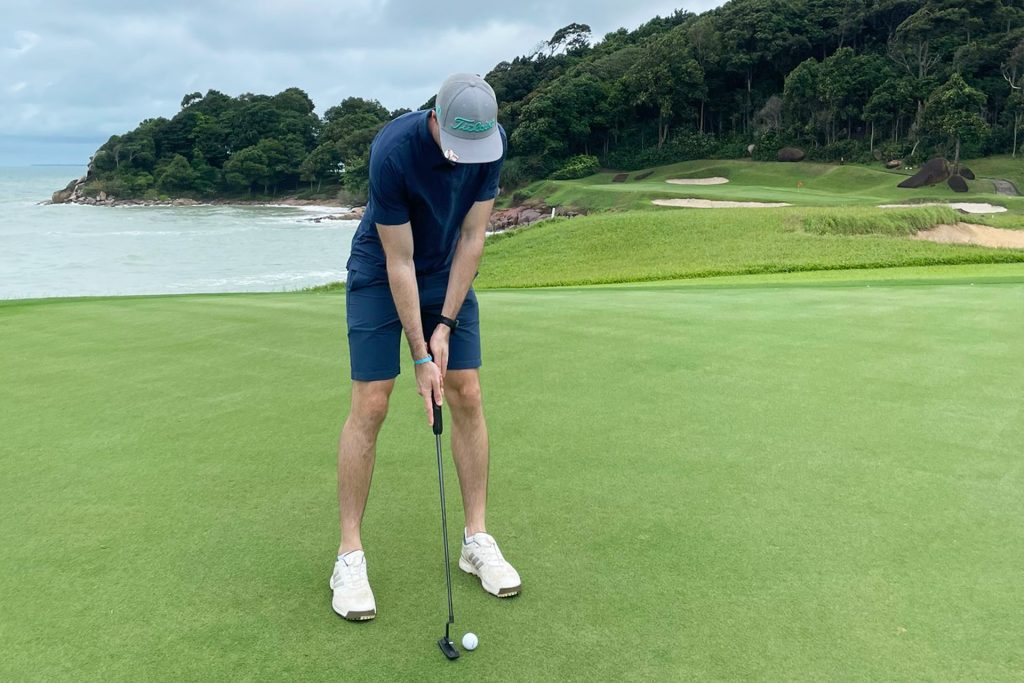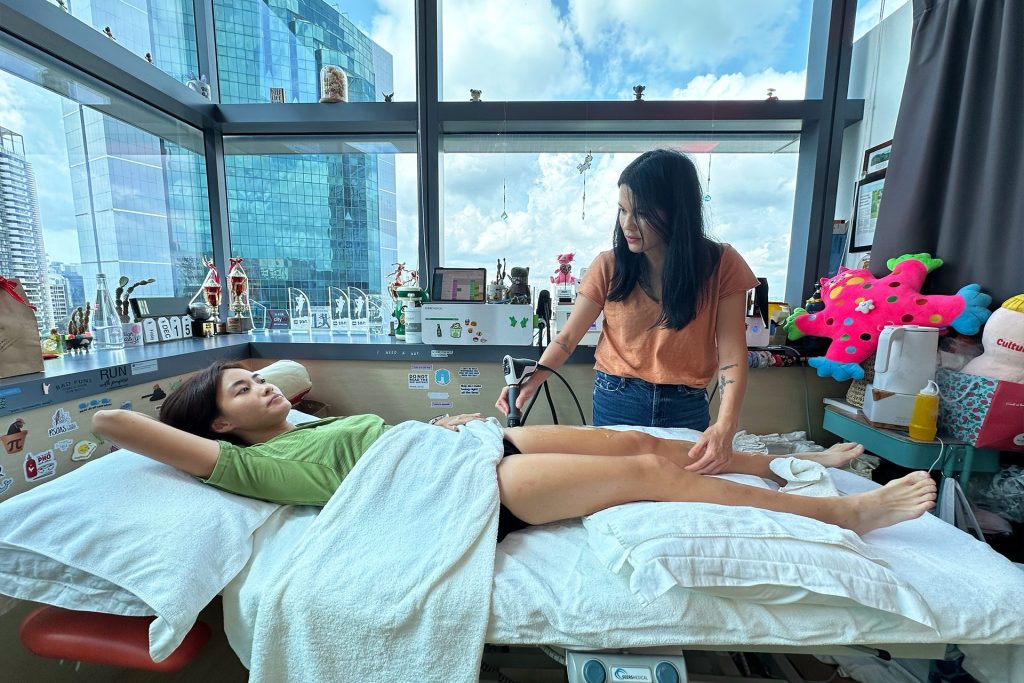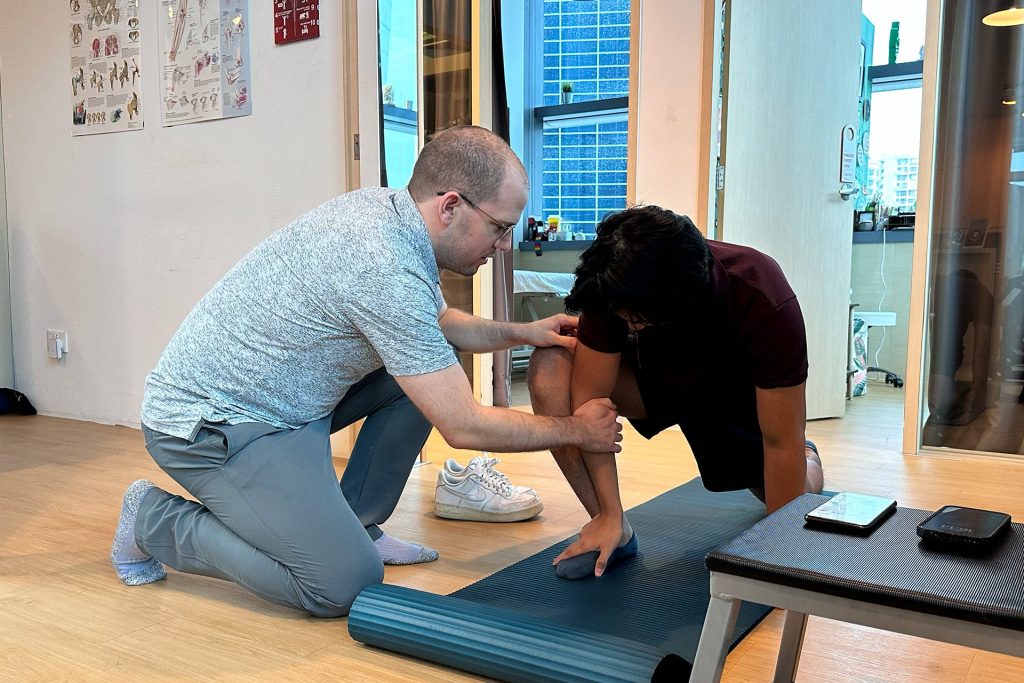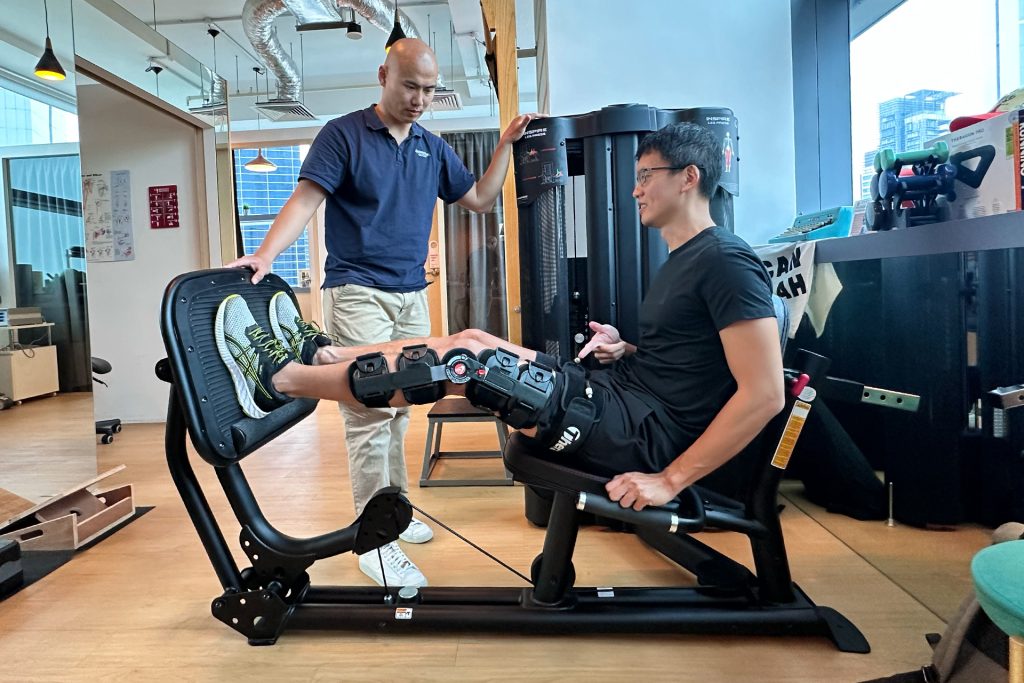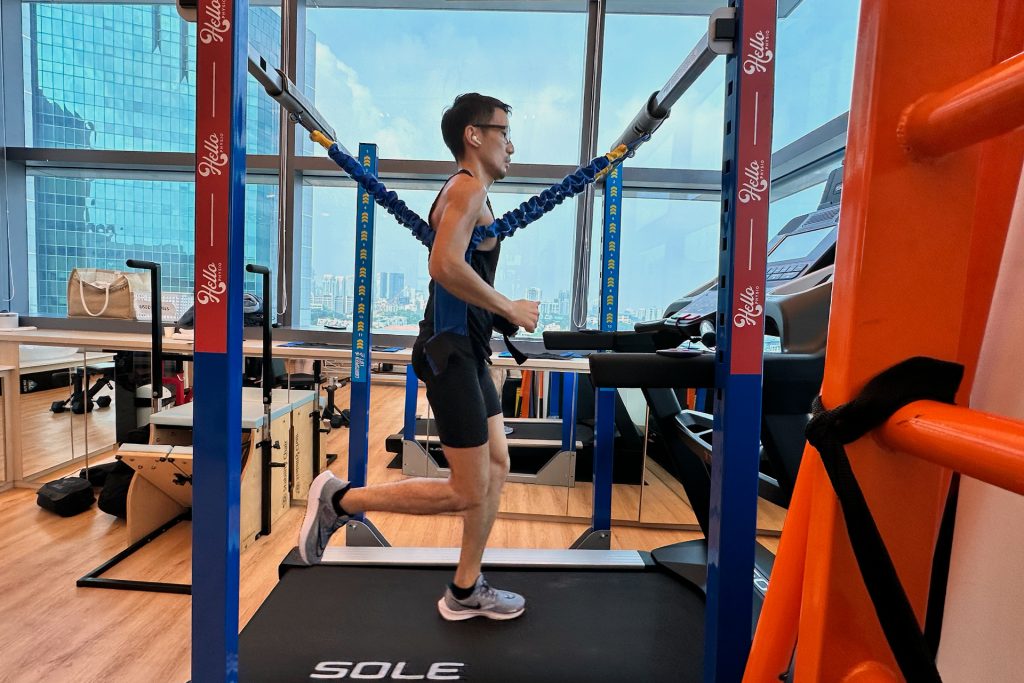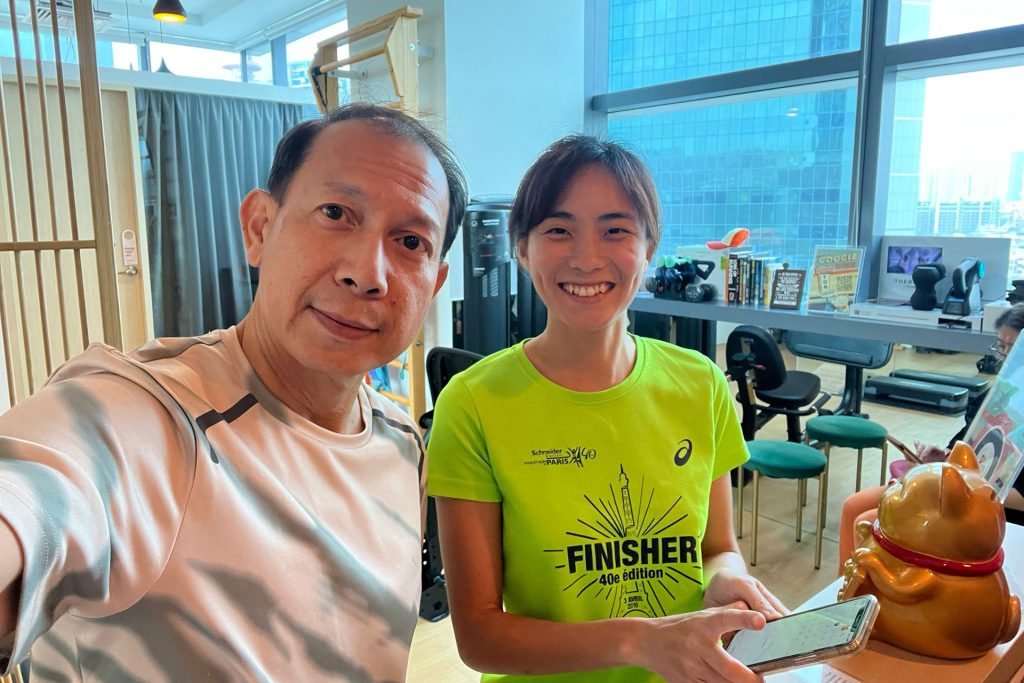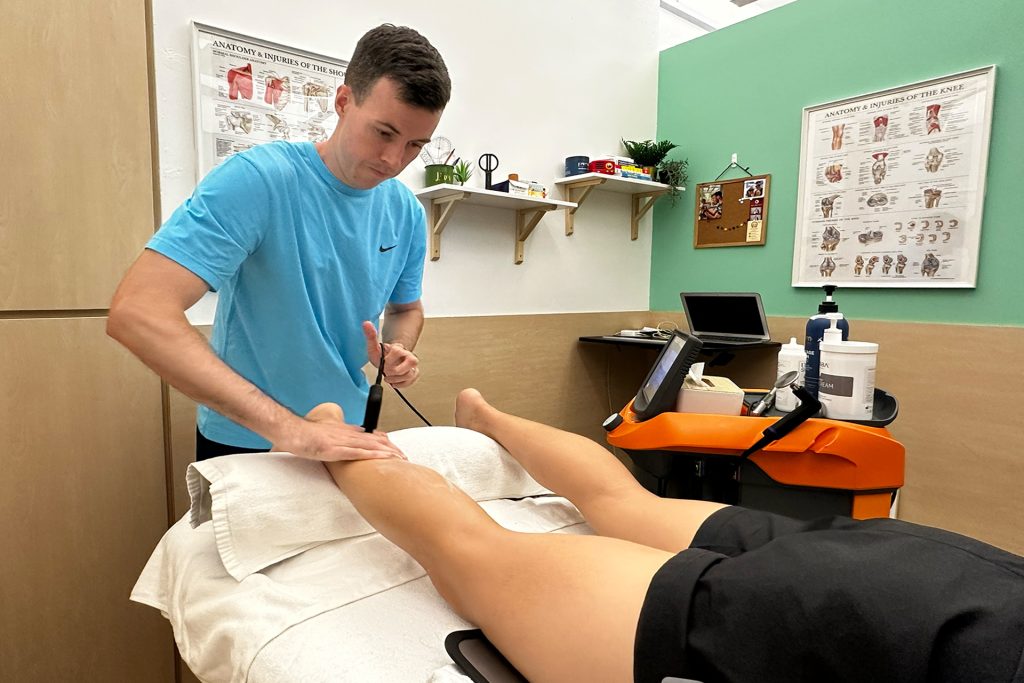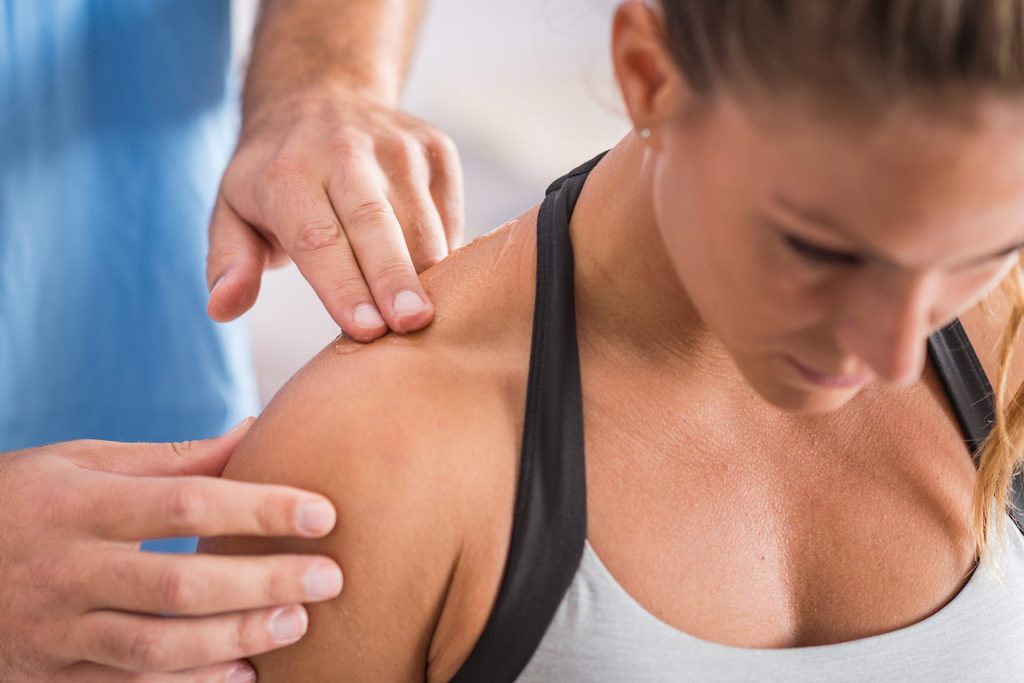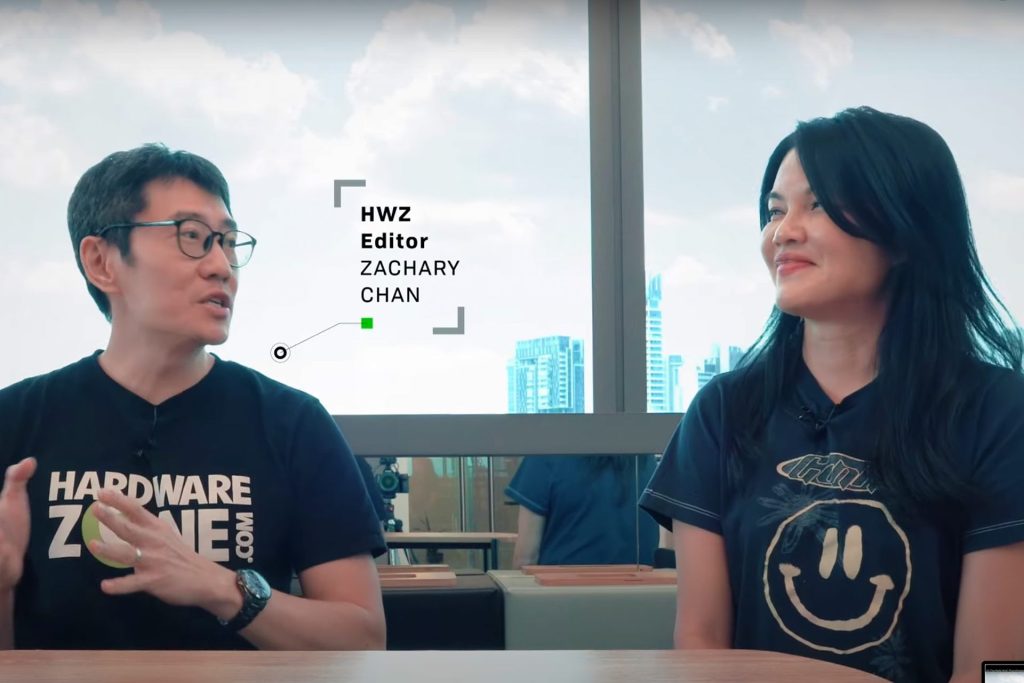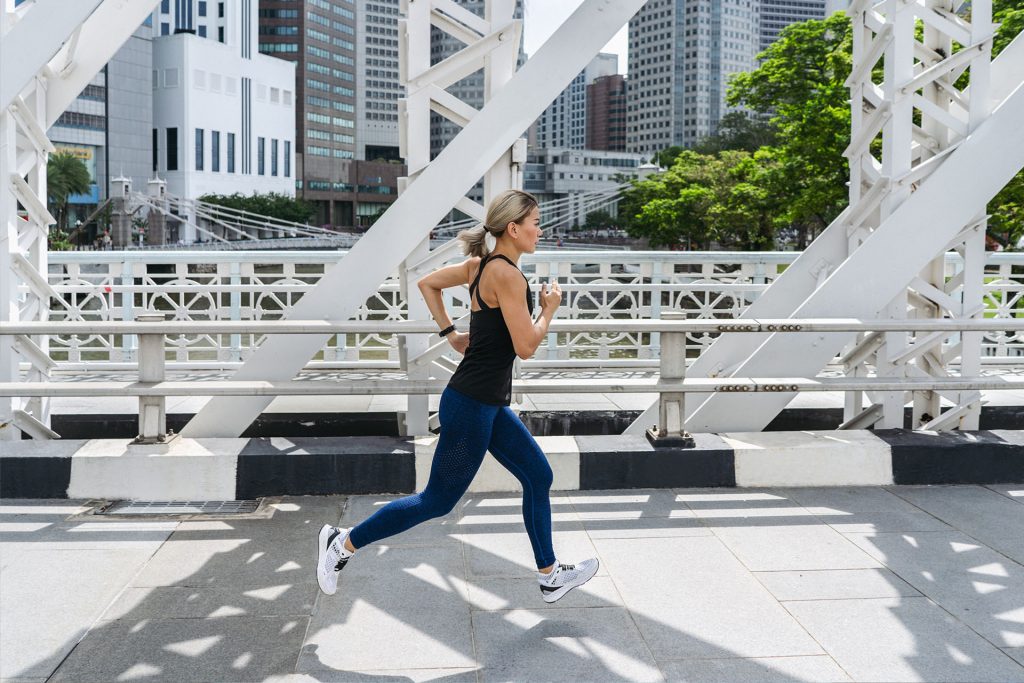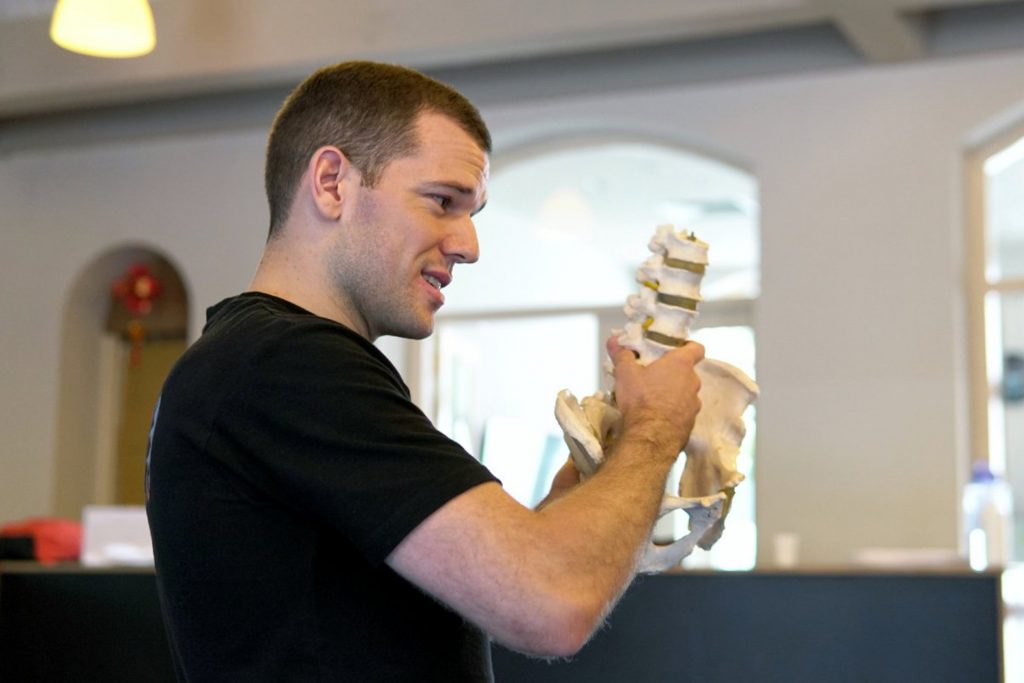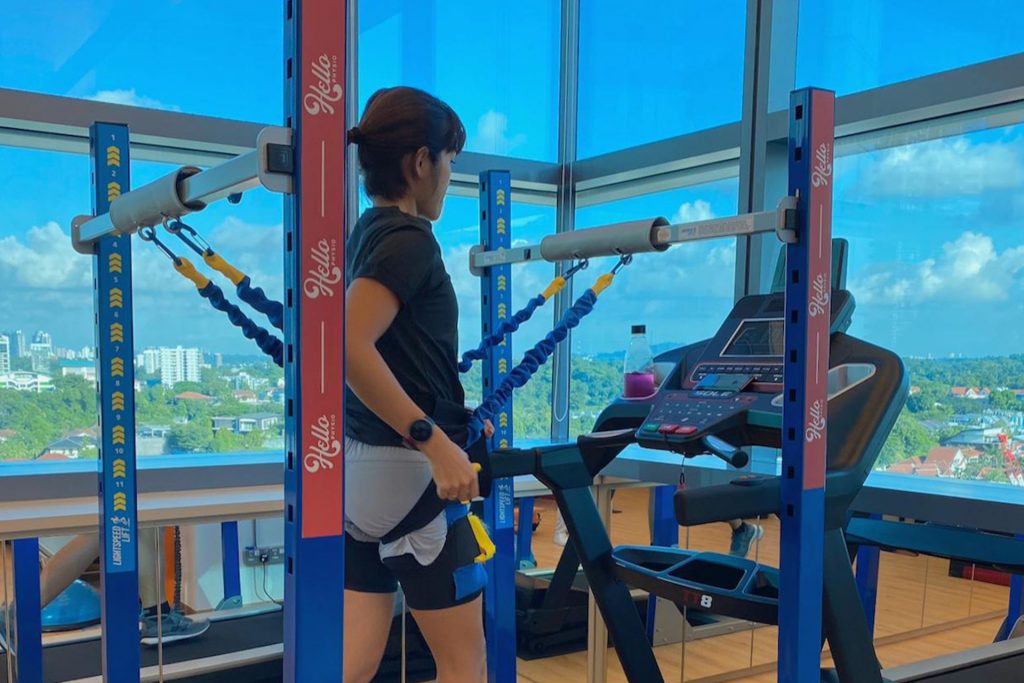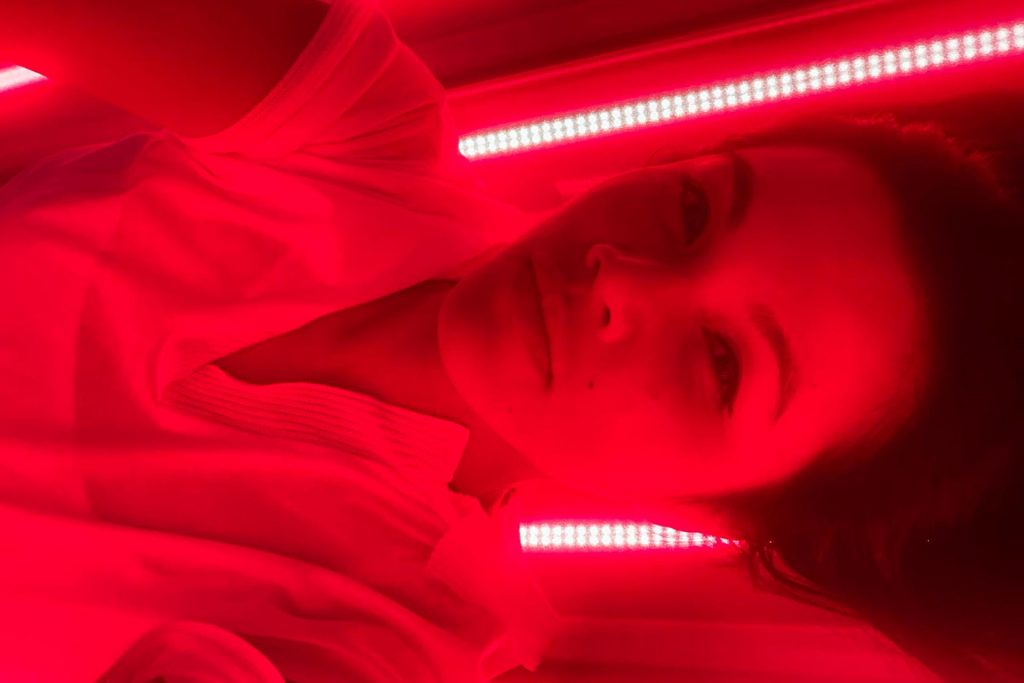|
Getting your Trinity Audio player ready...
|
You’ve been diagnosed with a medial meniscus tear. First off, take a deep breath. I know it sounds scary, but you’re not alone, and there’s a lot we can do to get you back on your feet.
The medial meniscus is a C-shaped cartilage structure located on the inner side of the knee joint, between the femur (thigh bone) and tibia (shin bone). It acts as a crucial cushion and stabilizer within the knee. The meniscus’s ability to distribute force evenly across the joint is compromised when torn. This can lead to increased stress on the articular cartilage and altered knee biomechanics.
Patients with a medial meniscus tear may experience pain, swelling, and reduced knee function, particularly during activities that involve weight-bearing or rotational movements. These are classic signs of a medial meniscus tear. And if the tear is in the back part of the meniscus (what the docs call the “posterior horn”), you might find it especially tricky to bend your knee fully.
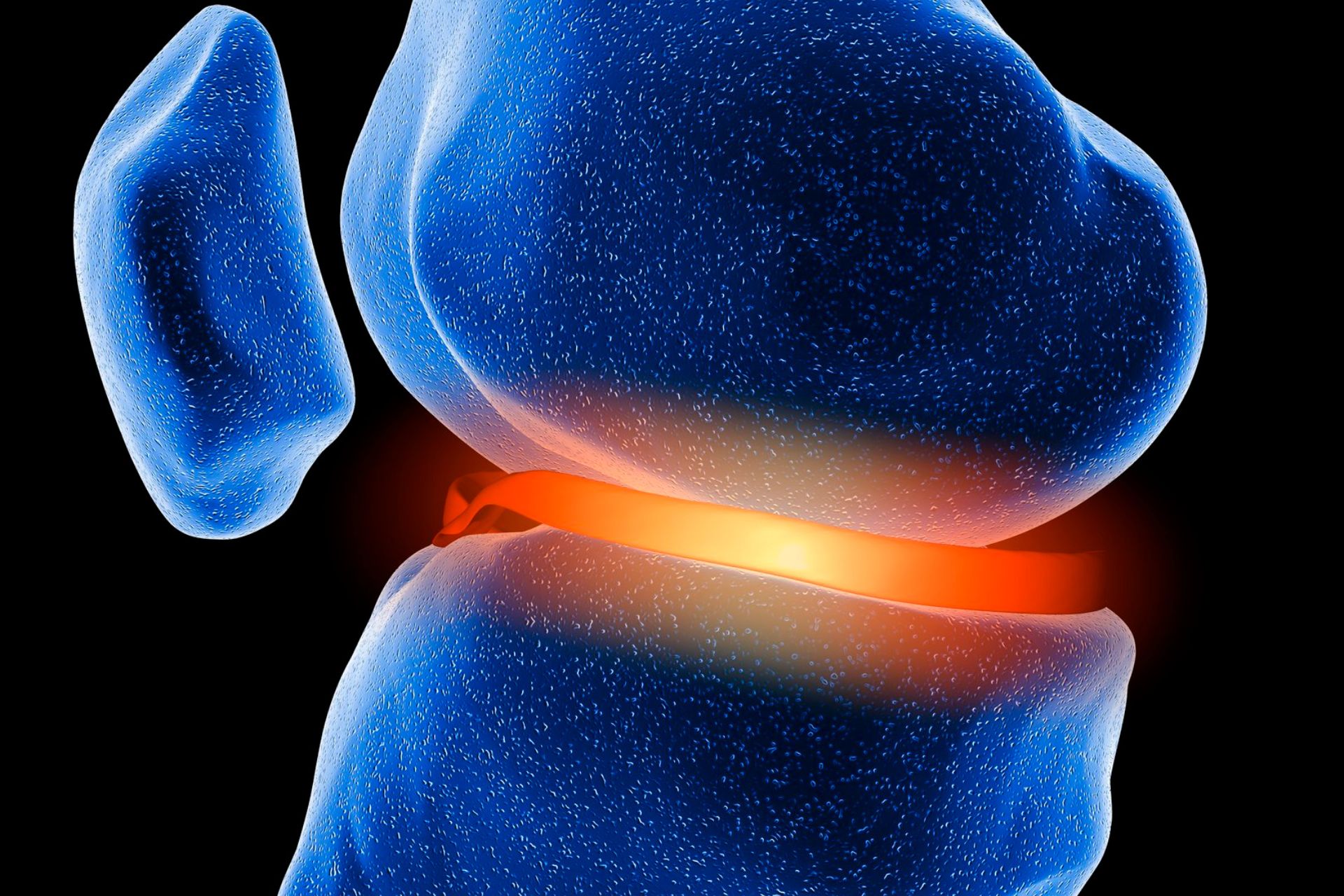
At this point, you might be wondering, “Do I need surgery?” Well, not necessarily. While some tears do require going under the knife, many can be effectively managed with physiotherapy. And, let me tell you, modern physiotherapy is a far cry from the “just ice it and rest” advice of yesteryear.
What to Expect with Medial Meniscus Tear Treatment
When you first visit a physiotherapist, they’ll assess your knee – how it moves, what hurts, and what you’re having trouble with in daily life. From there, they’ll craft a personalized plan about getting you back to your normal activities, whether chasing after your kids or training for a marathon.
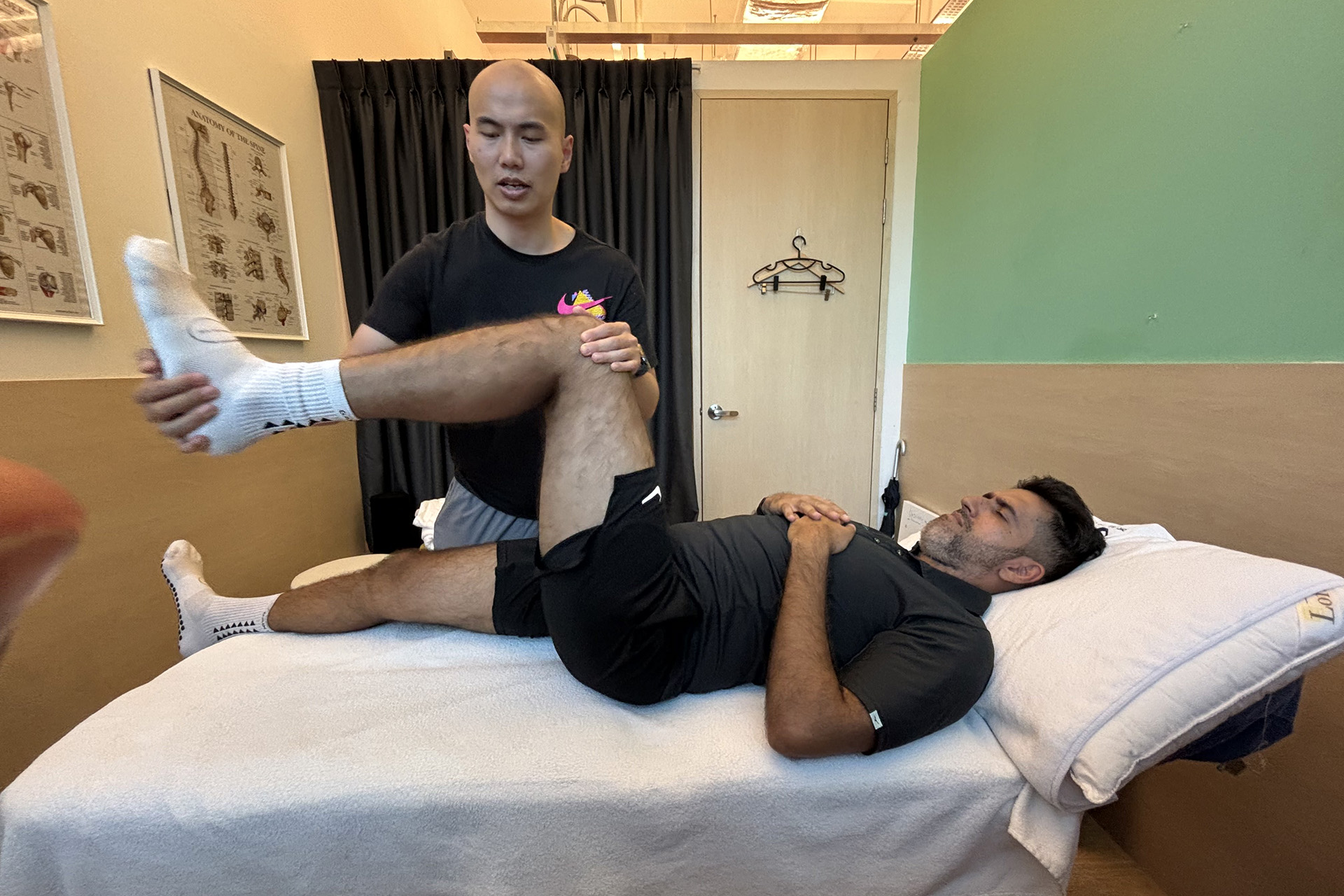
One of the main focuses of physiotherapy for a medial meniscus tear is strengthening the muscles around your knee, particularly your quads and hamstrings. Think of it as building a support team for your injured meniscus. Your physio will guide you through exercises designed to enhance muscle support and protect your knee from further injury.
Flexibility is another key player in your recovery. After a meniscus tear, your knee might feel stiffer than a board. Your physio will introduce gentle stretching exercises to help restore your range of motion. It’s like coaxing a rusty hinge back to life. It might feel awkward at first, but with consistent effort, you’ll start to feel that smoothness return.
Advanced Therapies for Medial Meniscus Tear
Advanced physiotherapy modalities include treatments such as INDIBA® Activ, a radiofrequency-based therapy. This technique utilizes controlled electromagnetic energy to stimulate cellular activity and enhance the body’s natural healing processes. The application of radiofrequency is thought to promote increased blood flow, reduce inflammation, and accelerate tissue repair. When integrated with traditional manual therapy and targeted exercise programs,
INDIBA may contribute to expedited recovery in some patients. However, as with all interventions, its efficacy can vary depending on individual factors and the treatment condition. It’s important to note that while many patients report positive outcomes, the therapy should be administered as part of a comprehensive treatment plan tailored to their needs.
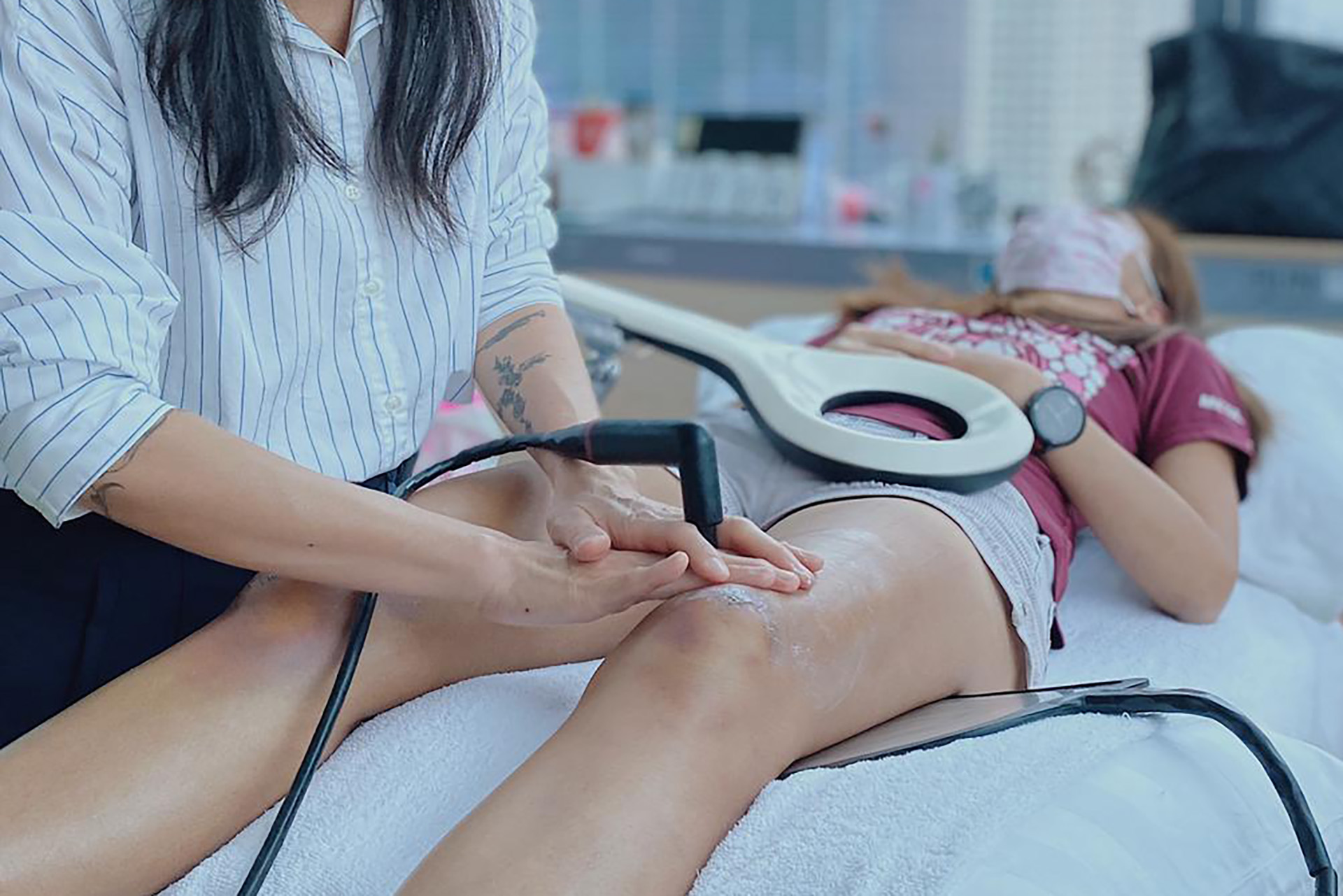
Then there’s Shockwave Therapy. Despite its dramatic name, it’s not as scary as it sounds. While it’s not typically used directly on the meniscus, it’s great for treating those annoying secondary issues that can pop up when favoring your injured knee. Those tight spots in your muscles or tendons just won’t quit. Shockwave Therapy can help iron those out, making your overall recovery smoother.
And let’s not forget about Clinical Pilates. Before you start picturing yourself trying to balance on a tiny ball while doing impossible stretches, let me stop you right there. Clinical Pilates, when guided by a physiotherapist, is all about controlled, precise movements that strengthen the muscles supporting your knee, improve your flexibility, and enhance your overall body awareness. It’s like teaching your body to move more efficiently, taking unnecessary stress off your knee.
Journey of Knee Rehabilitation
Recovering from a knee injury is like a rollercoaster – ups, downs, and unexpected turns. Some days, you’ll feel great progress; others, you might wonder if you’re moving backwards. These fluctuations are normal. Healing isn’t a straight path; it’s a winding road with detours.
You’re probably wondering, “When will I be back to normal?” The truth is, there’s no one-size-fits-all answer. It depends on the injury’s severity, location, overall health, and your commitment to rehab exercises. But every day of recovery is a step forward, like small savings that add up over time.
Remember, physiotherapy isn’t just about fixing current issues. It’s about future-proofing your body. You’re building a fortress around your knee, learning tools to prevent future injuries.
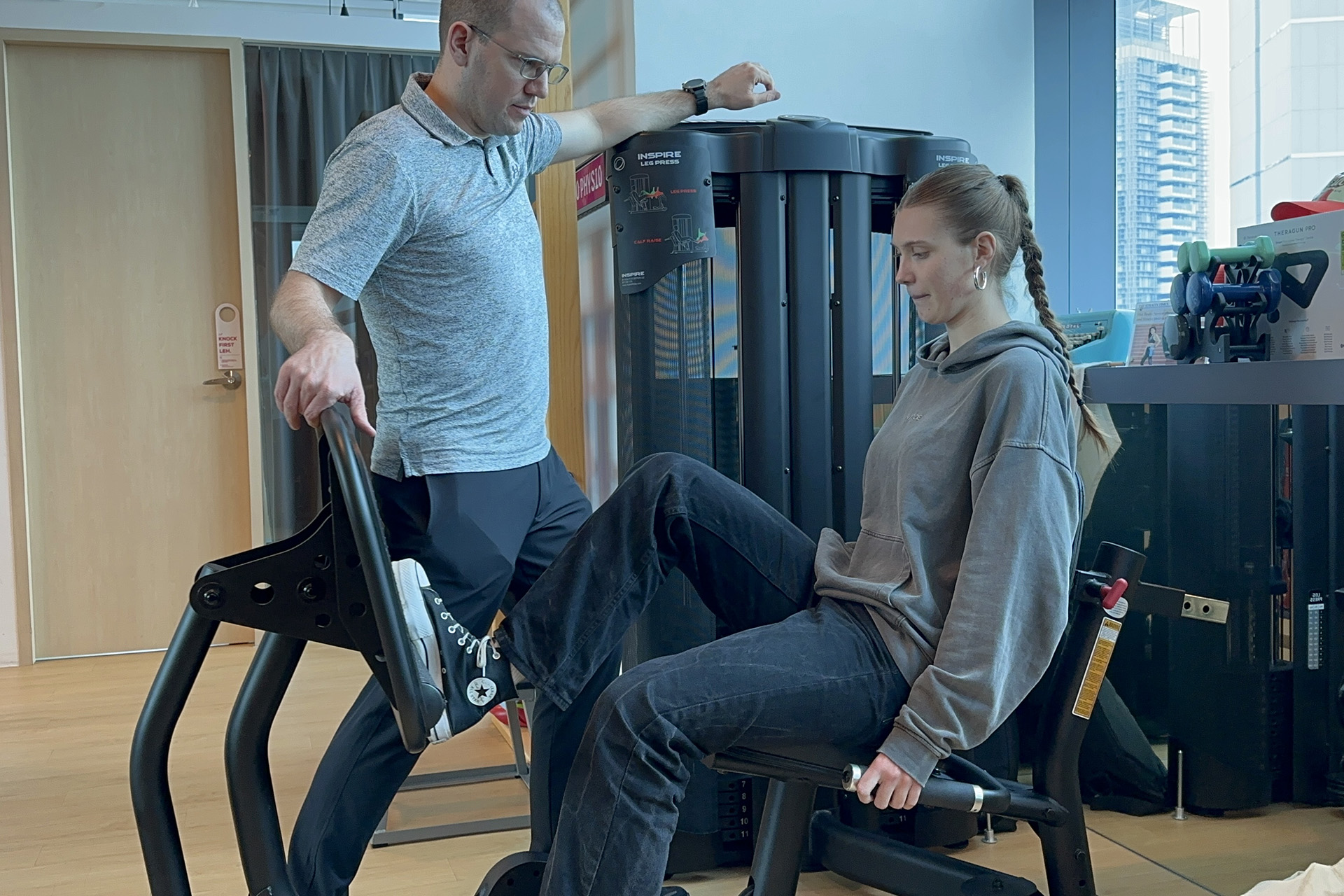
Yes, some physio sessions might feel like boot camp. You’ll sweat, grunt, maybe even swear a bit. But it’s worth it! Each session rebuilds you – stronger and more resilient than before.
This injury is just a chapter in your story – a challenging one you can overcome. With the right attitude, support, and physiotherapy, you’ll return to your old self, maybe even better.
So, shift your perspective next time you’re icing your knee and feeling down. This isn’t the end. It’s the beginning of your comeback. Ready to start that story? Your physiotherapist at HelloPhysio is waiting to help you turn the page.

